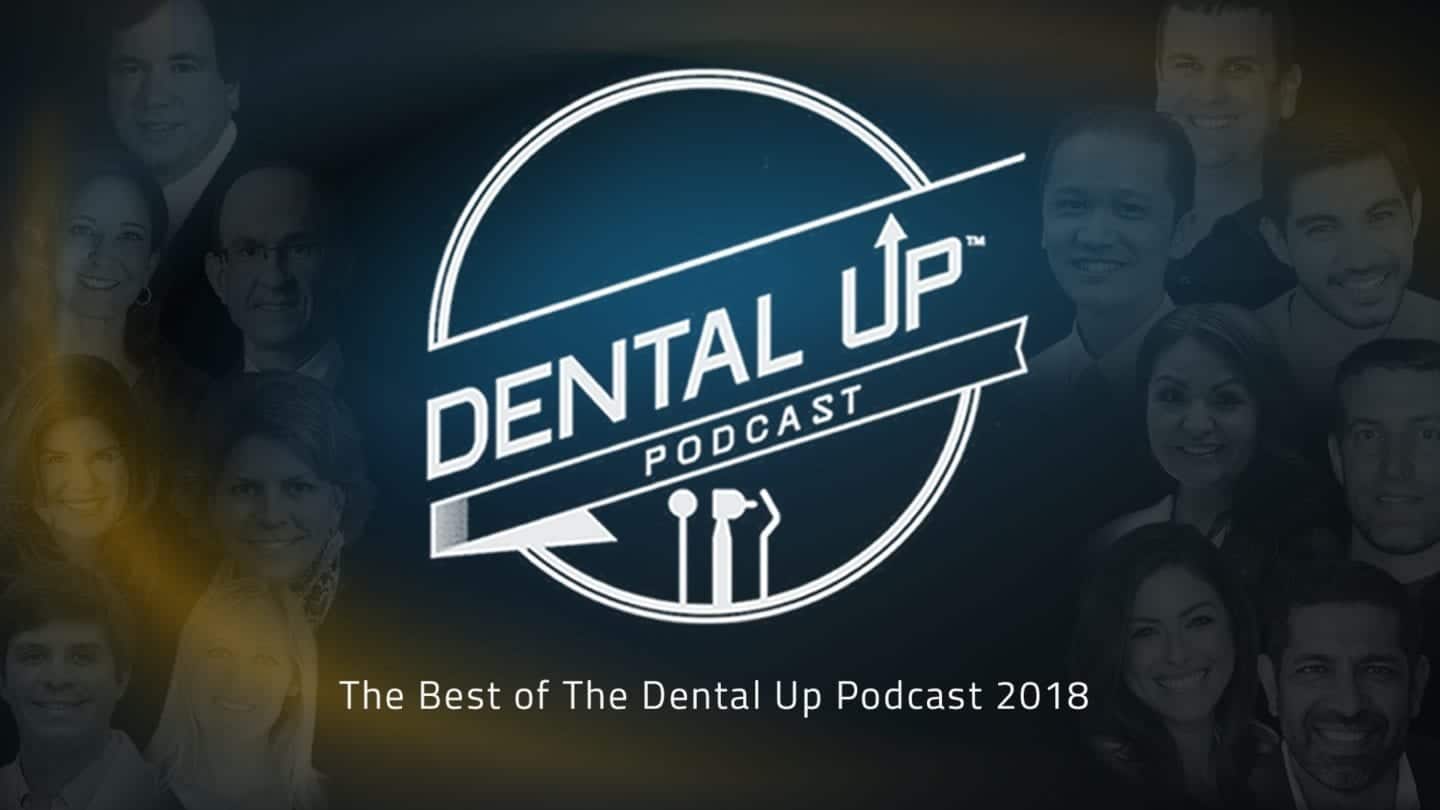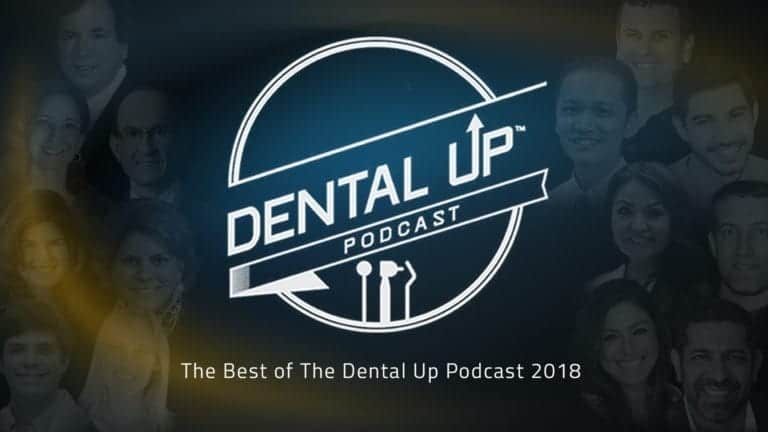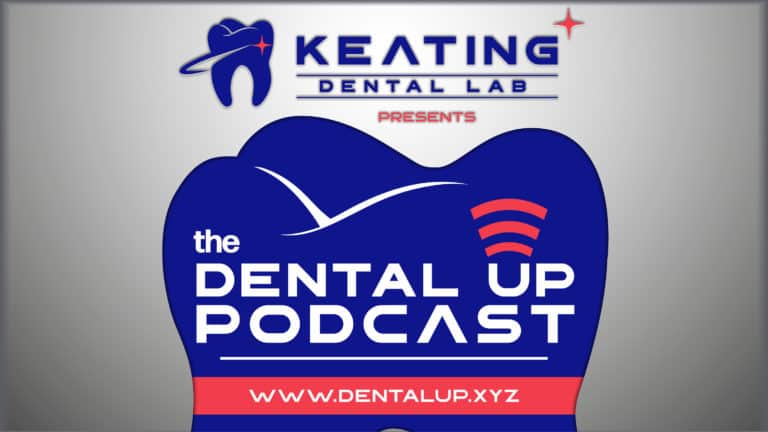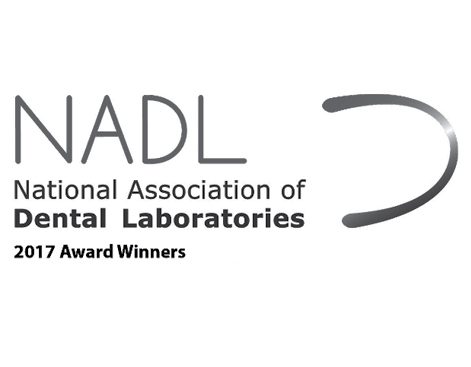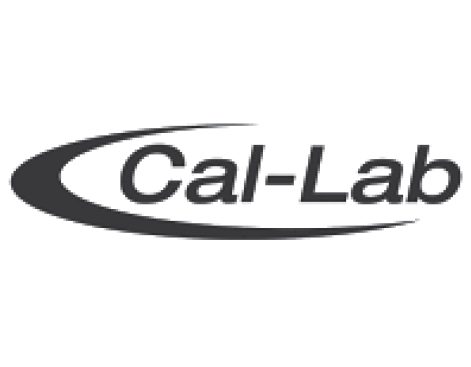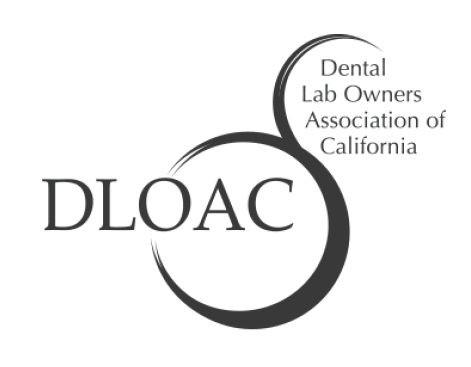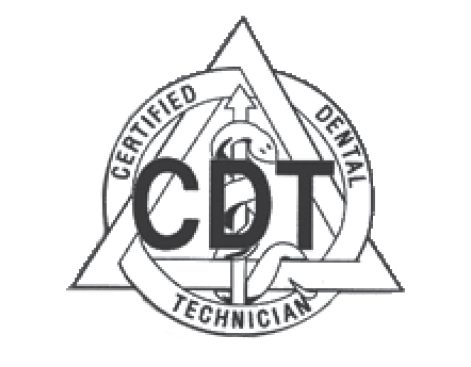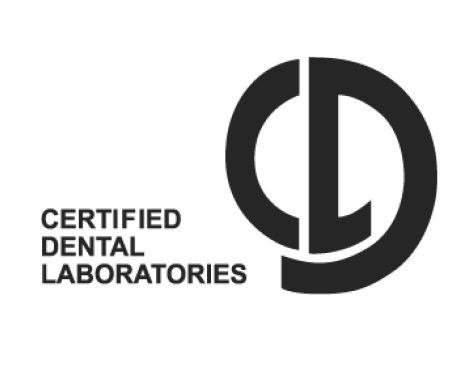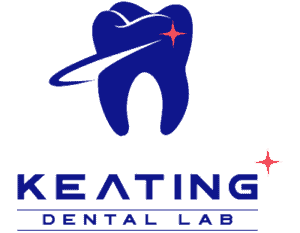Ladies and Gentlemen, we made it! This is the last episode of 2018. For this last episode of the year, we decided to do the “Best of The Dental Up Podcast 2018”. This episode will have some of the best advice, funny stories or in-depth analysis of the Dental Industry.
Down below we have listed the selected guests alongside their episode number and time location on the podcast.
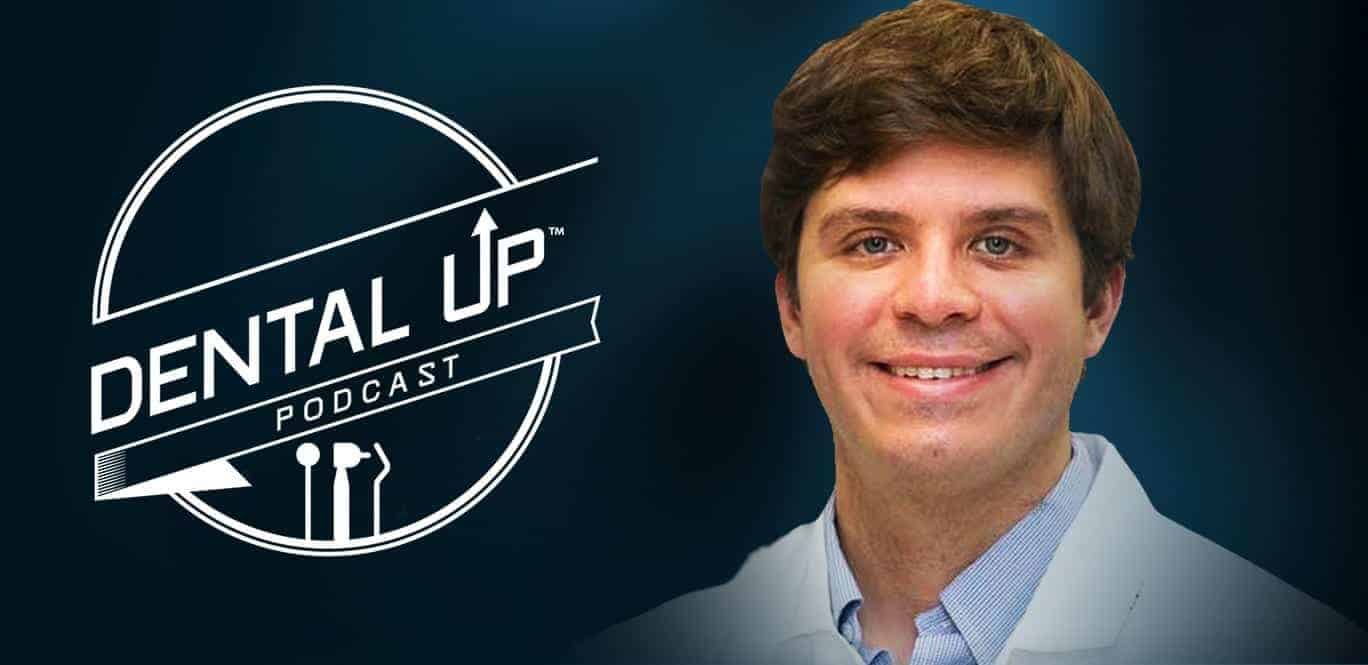
Dr. Derek Jones | Episode 115 | 1:45
In this clip, Shaun talks about the time he got disciplined during PE when he was a kid. The team made a quick animation, which you can watch, down below!
Listen to the full Dr. Jones episode here: https://keatingdentallab.com/podcast/the-importance-of-a-healthy-work-life-balance-with-dr-derek-jones-dds/
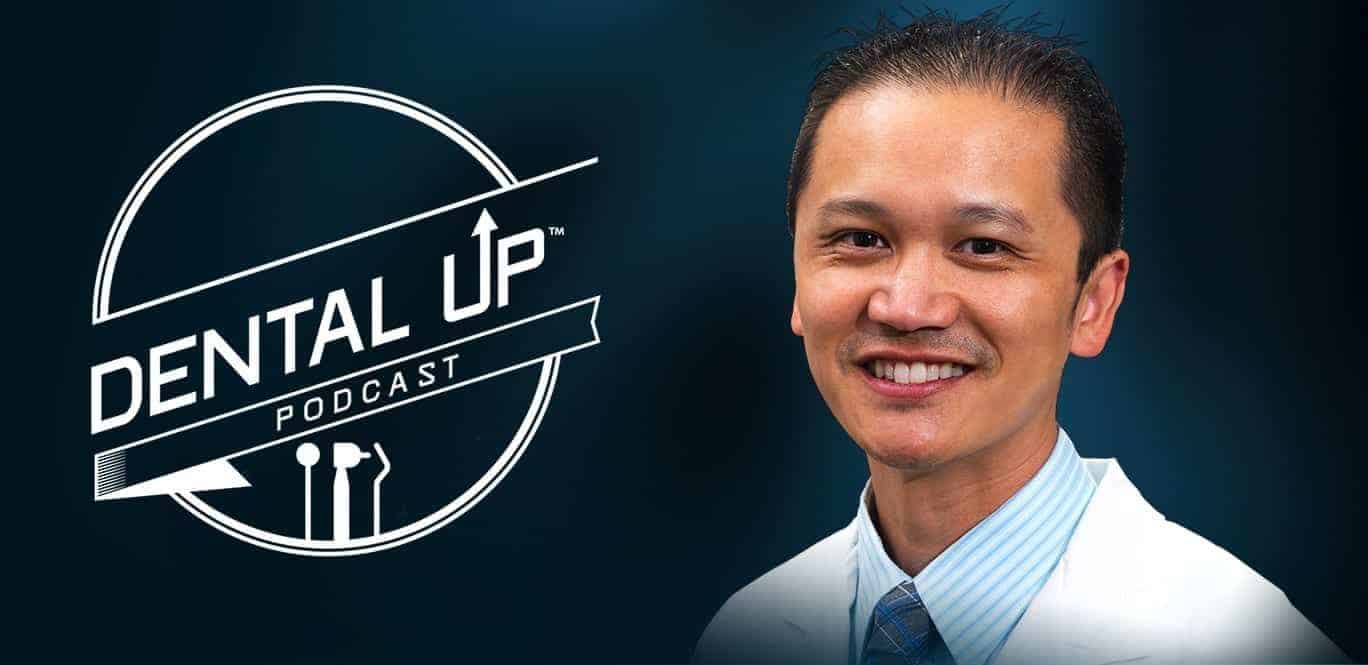
Dr. David Doan | Episode 119 | 3:15
You just finished high school; you know you want to pursue a career in dentistry. What’s your next step? What do you do? What is the process one takes to apply to a University of your choice? Luckily, in this episode, Dr. David Doan talks about what the process is when applying to different schools. He also gives you some tips on what to do to increase your chances of getting in.
Listen to the full Dr. Doan episode here: https://keatingdentallab.com/podcast/career-development-and-the-importance-of-mentorships-with-dr-david-doan-dds/
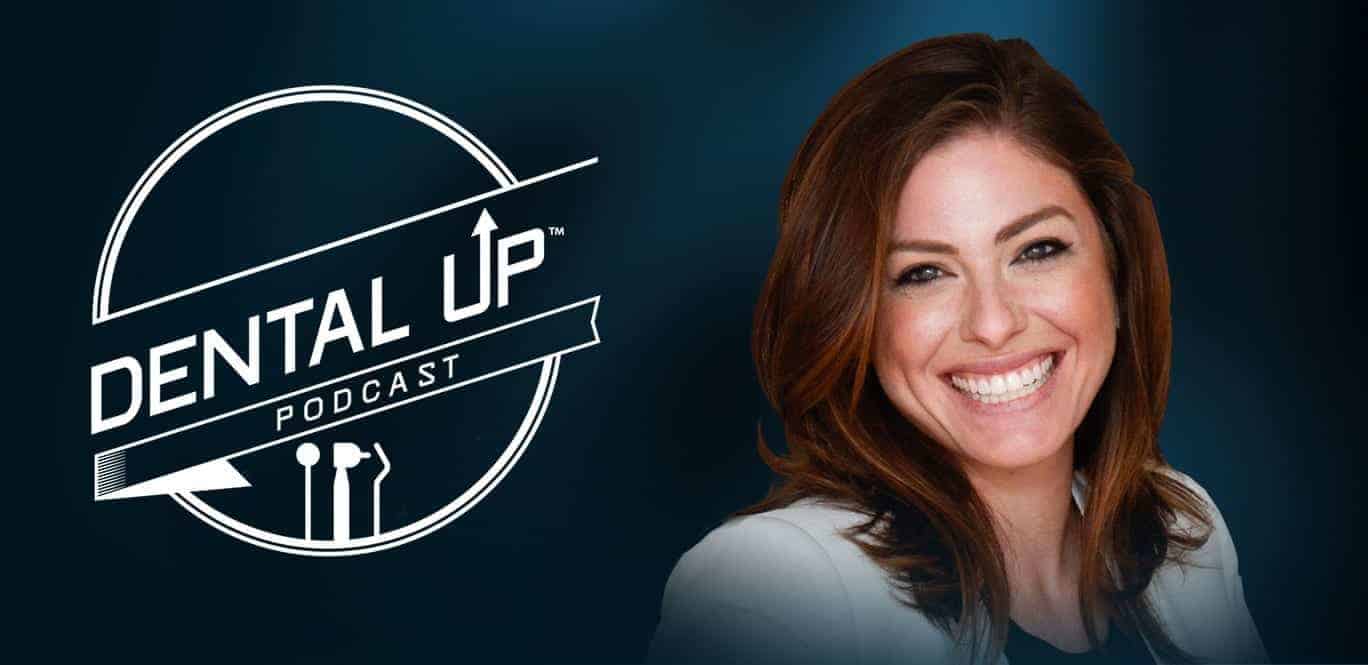
Dr. Dawn Wehking| Episode 110 | 9:51
There are several ways to connect and help understand your patient about a certain procedure or “the bigger picture” than the use of photography. In this clip, Dr. Dawn Wehking talks about how she uses IntraOral Photography in her day to day appointments.
Listen to the full Dr. Wehking episode here: https://keatingdentallab.com/podcast/anterior-composite-restorations-with-dr-dawn-wehking-dds/
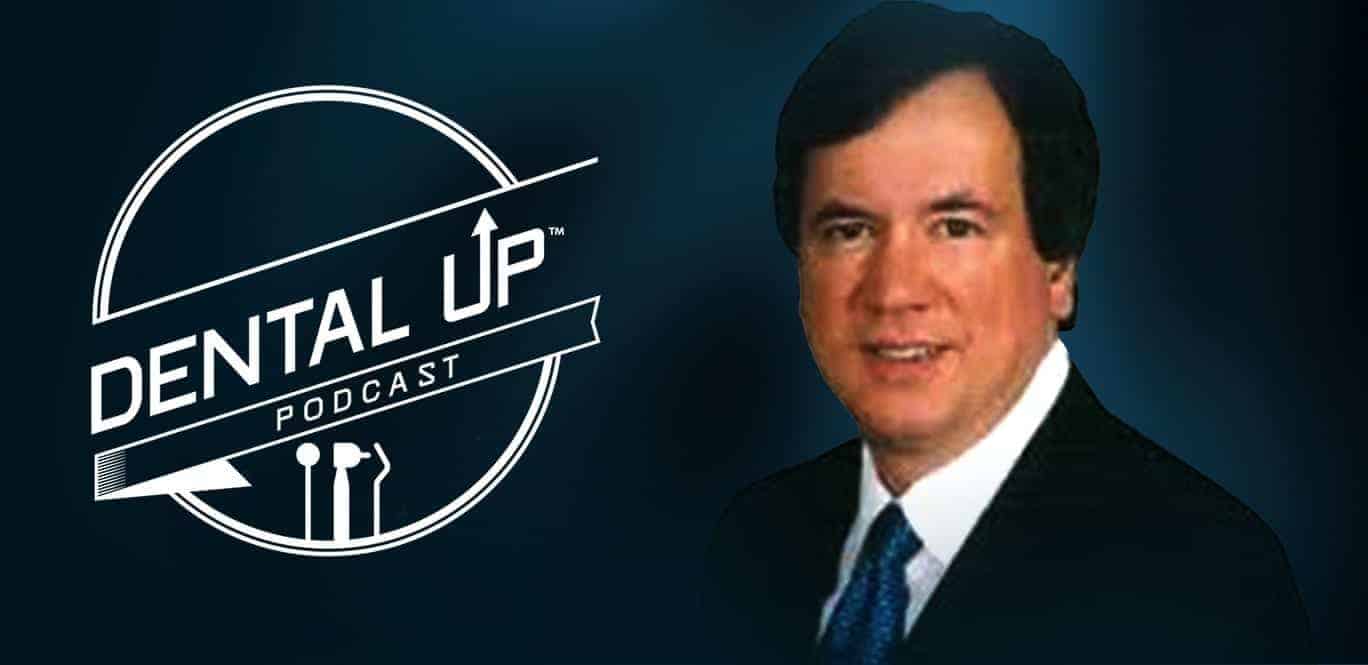
Dr. John Kanca | Episode 108 | 12:01
Do you know what classes or courses to take for your CE? In this podcast, Dr. John Kanca talks about what to focus on when taking CE Courses. He goes in depth in why it’s important to know what materials you are using and how to use them. He will give you a few subjects you can focus on that are low in cost but high in the return value.
Listen to the full Dr. Kanca episode here: https://keatingdentallab.com/podcast/dental-occlusion-with-dr-john-kanca-dds/
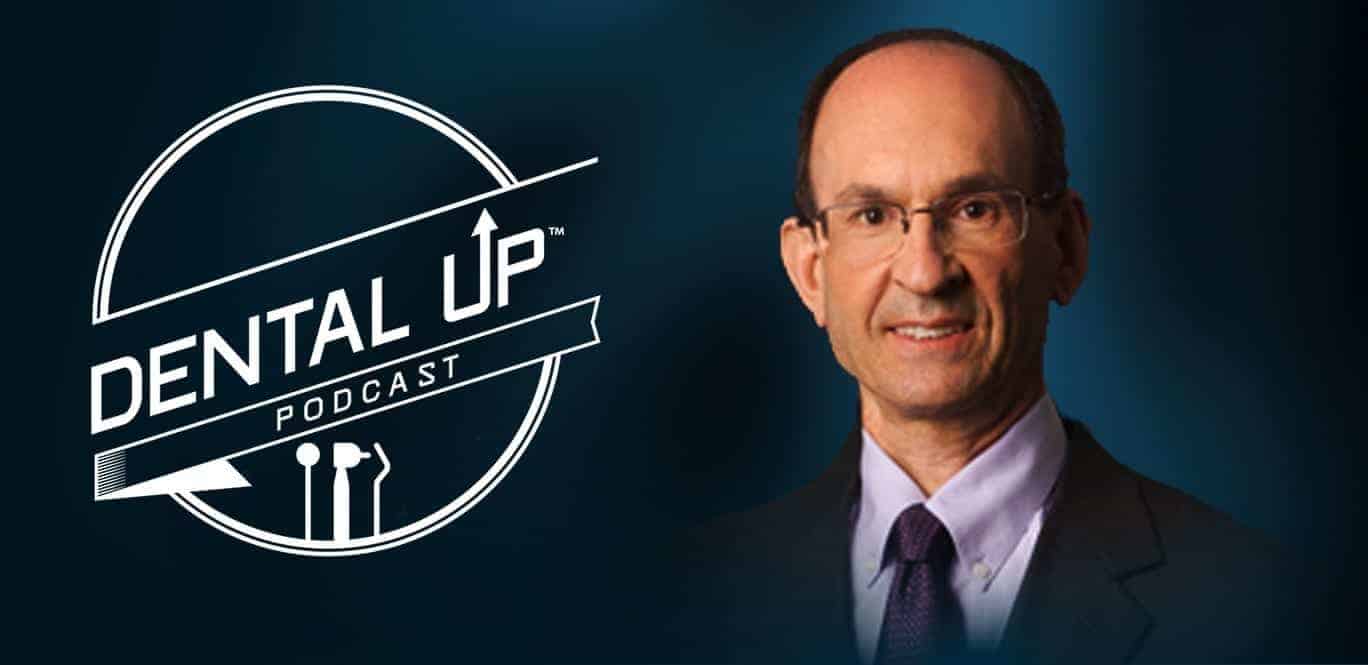
Dr. Charles Brown | Episode 124 | 17:00
If there were someone you’d ask information and advice about dentistry, it would be Dr. Charles Brown. In this episode, Dr. Charles Brown goes in depth about the differences between HMO/PPO and how it affects a Dental Practice. He also gives out some good advice to the younger crowd in which he learned over the years.
Listen to the full Dr. Brown episode here: https://keatingdentallab.com/podcast/self-awareness-and-the-importance-of-gaining-experience-with-dr-charles-brown-dds/
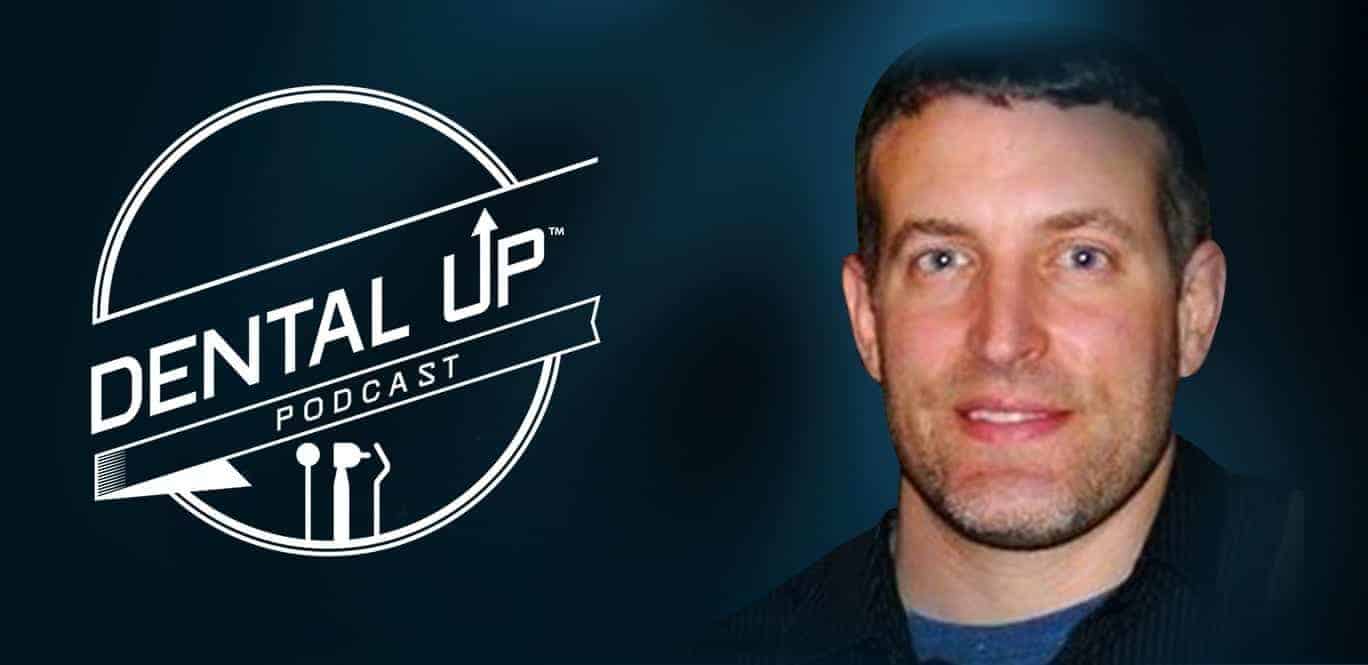
Dr. Derrick Hinkle | Episode 130 | 20:27
The longer you work in this field (Dentistry) the more you learn about your patients and faculty. It’s awesome to hear everyone’s backstory and in this episode, Dr. Derrick Hinkle talks about why he decided to help out one of his faculty members and how Keating Dental Lab helped to seal the awesome act of gratitude and change a person’s life!
Listen to the full Dr.Hinkle episode here: https://keatingdentallab.com/podcast/the-powerful-influence-of-humility-in-life-and-in-business-with-dr-derrick-j-hinkle-dds/
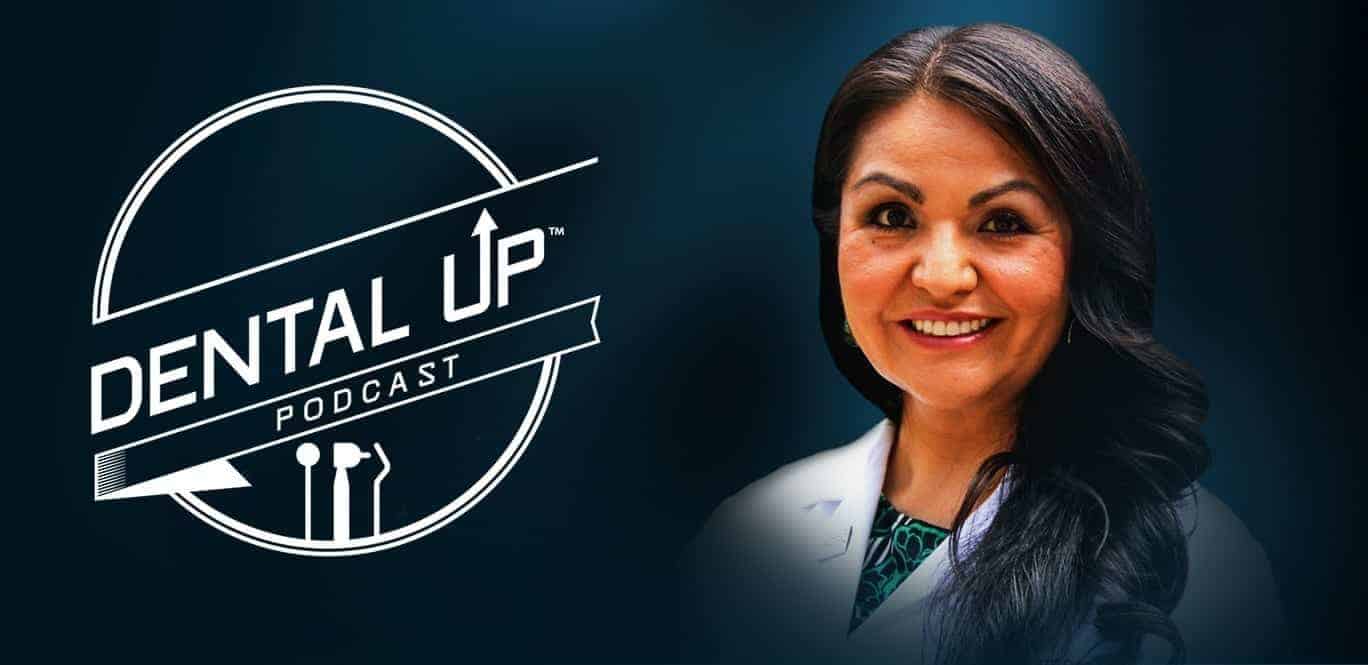
Dr. Felicia Fontenot | Episode 132 | 25:25
It was an honor to interview the first Apache Dentist, Dr. Felicia Fontenot. We get to hear her story and her time in school.
Listen to the full Dr.Fontenot episode here: https://keatingdentallab.com/podcast/introducing-the-first-mescalero-apache-dentist-dr-felicia-fontenot-dds/
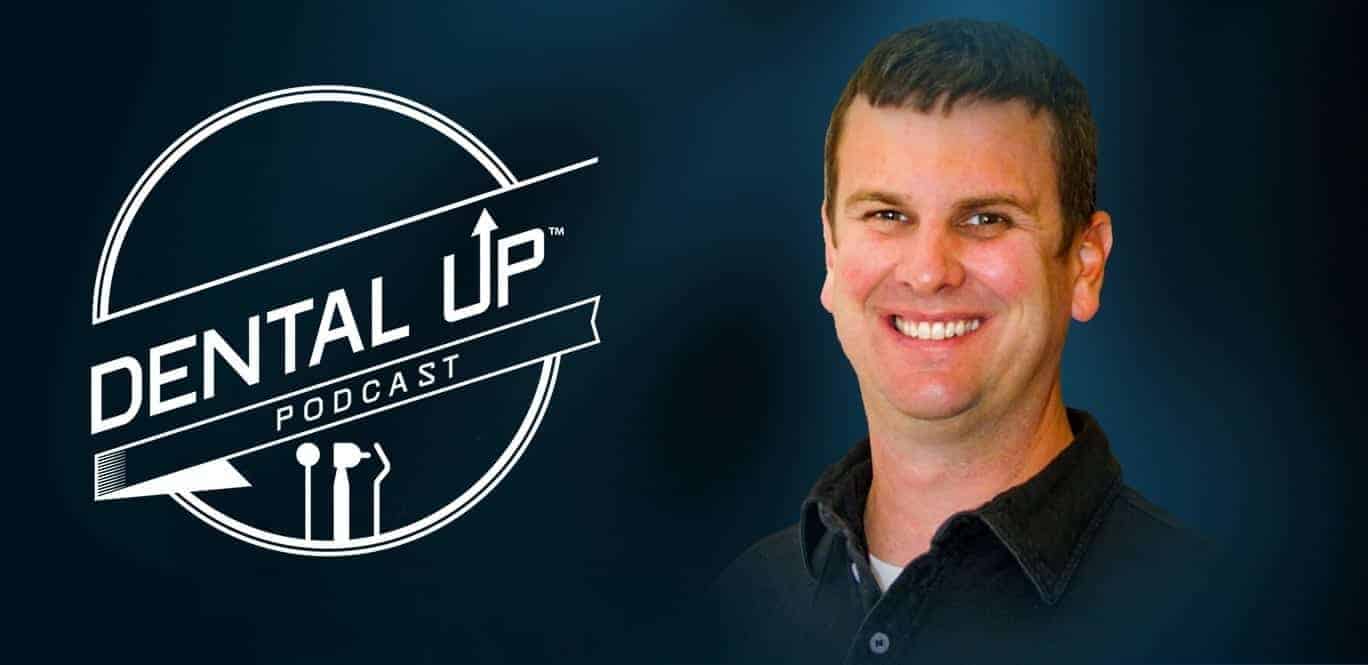
Dr. Wade Kifer | Episode 133 | 29;48
In this clip, we talked to Dr. Wade Kifer and discussed the upside of living in an age where you have access to free and paid educational content. Allowing this new generation to flourish both mentally and financially.
Listen to the full Dr. Kifer episode here: https://keatingdentallab.com/podcast/the-value-of-establishing-a-practice-lab-partnership-with-dr-wade-kifer-dds/
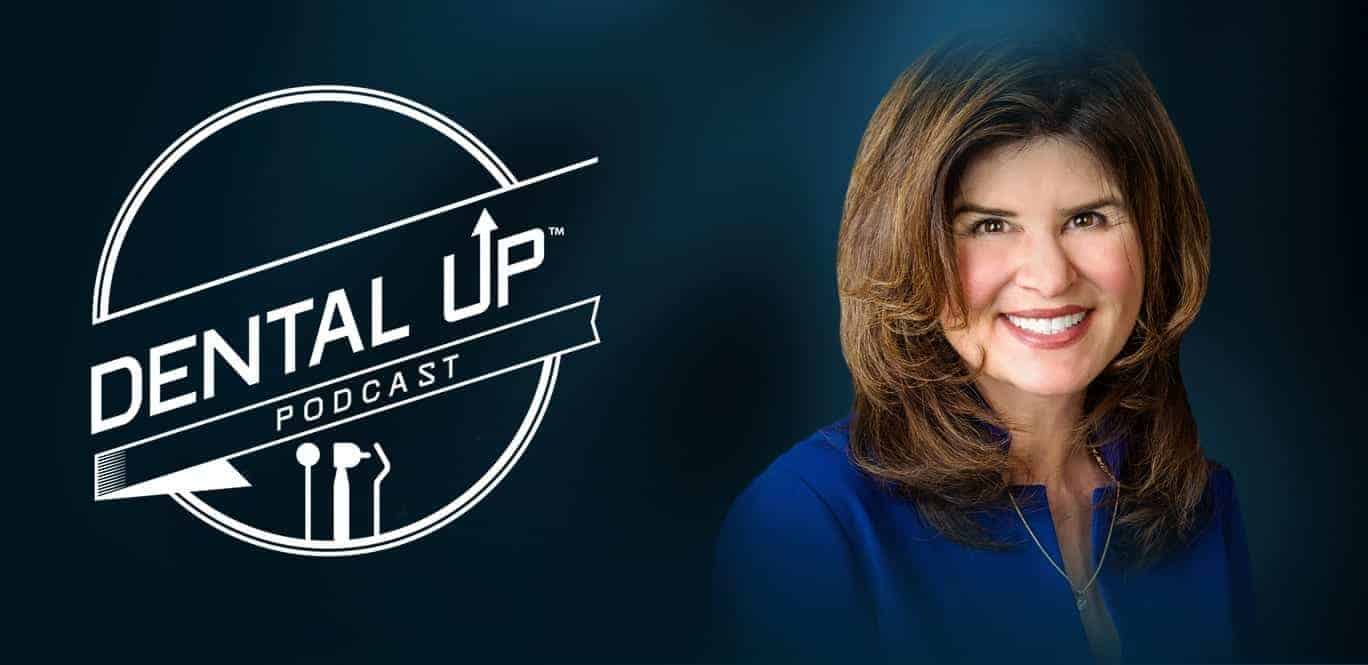
Dr. Angela Ruff | Episode 129 | 35:52
We chatted with Dr. Angela Ruff and got to know what truly motivated her to buy her own practice and when she realized that practicing dentistry is way different than running a business.
Listen to the full Dr. Ruff episode here: https://keatingdentallab.com/podcast/enhancing-patient-care-using-new-procedures-and-technology-with-dr-angela-ruff-dds/
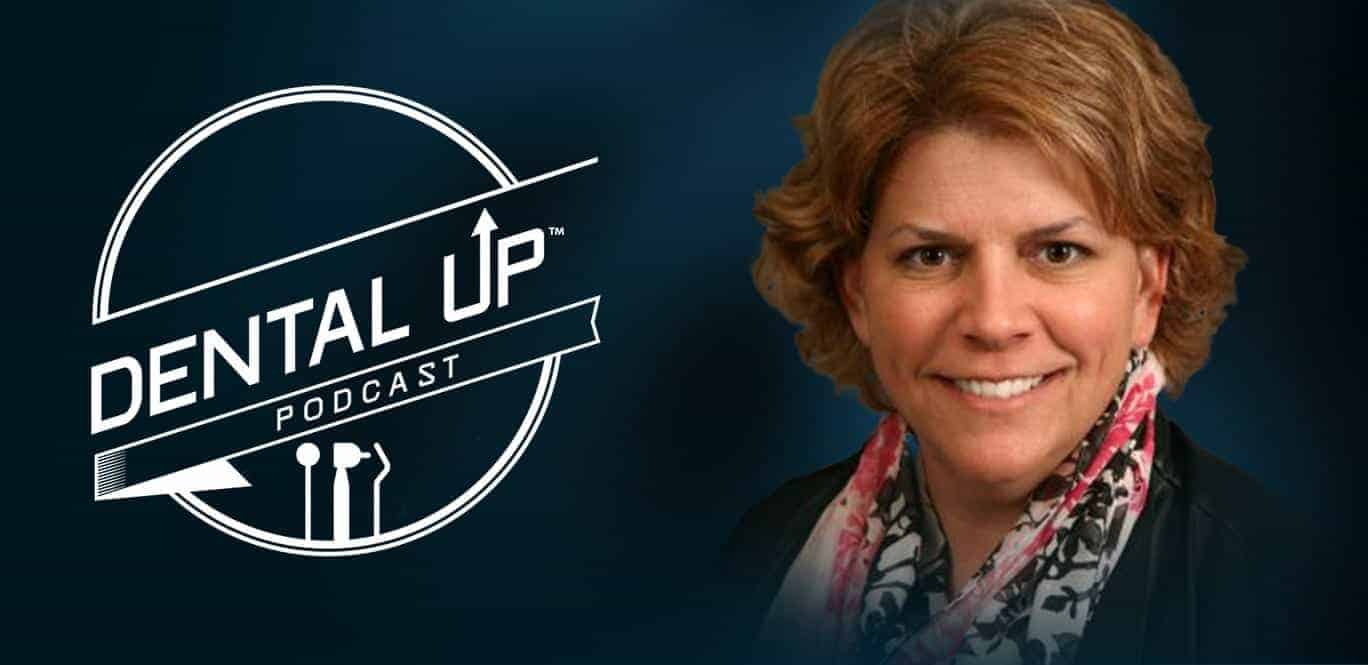
Dr. Bailey Pfeiffer | Episode 115 | 41:41
Are you the leader in your practice? In this clip, we talk to the very energetic Dr. Bailey Pfeiffer and discuss what it truly takes to run a practice as a business. She also gives some insights into Corporate Dentistry.
Listen to the full Dr. Pfeiffer episode here: https://keatingdentallab.com/podcast/setting-yourself-apart-from-a-business-owner-to-business-leader-with-dr-tamara-bailey-pfeiffer-dds/
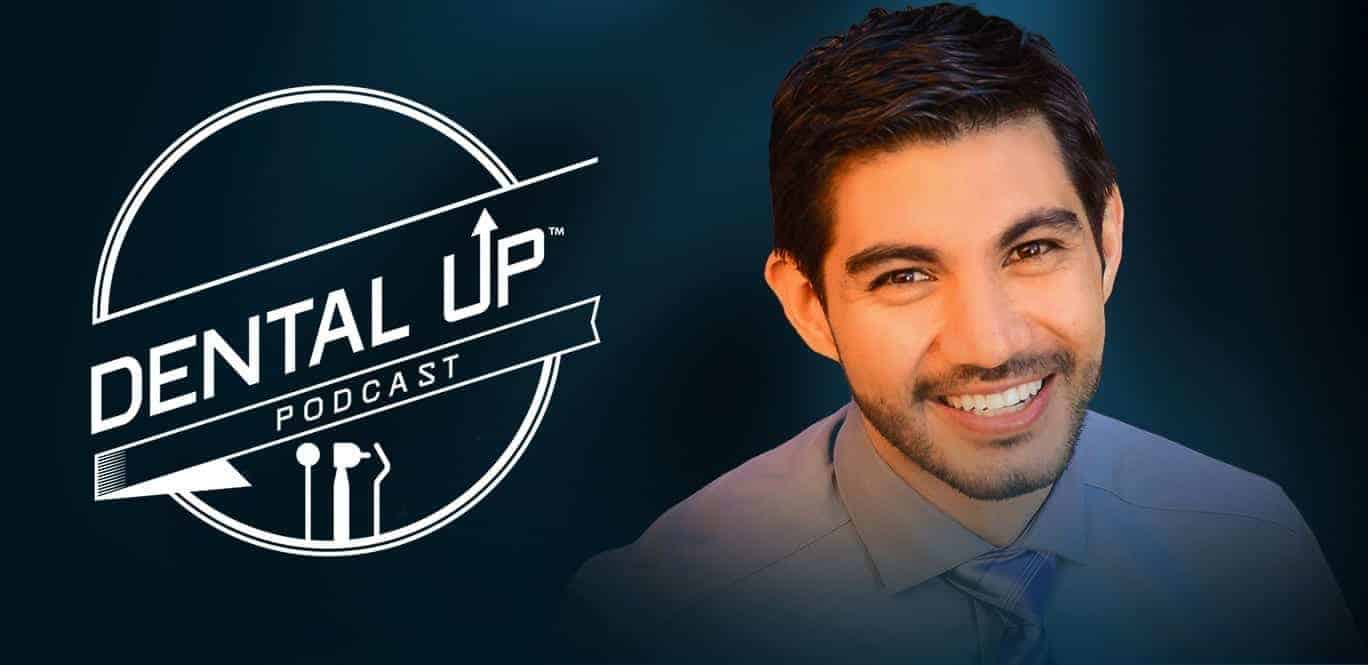
Dr. Francisco Darquea| Episode 121 | 53:12
In this clip, we got to know a very talented young man, Dr. Darquea. He talks about his great journey and truly following the American dream, we chat about a touching moment he had with a patient who was truly happy with our Keating product and gives some good advice to up and coming dentists.
Listen to the full Dr. Darquea episode here: https://keatingdentallab.com/podcast/living-the-american-dream-a-young-mans-journey-into-dentistry-with-dr-francisco-darquea-dds/
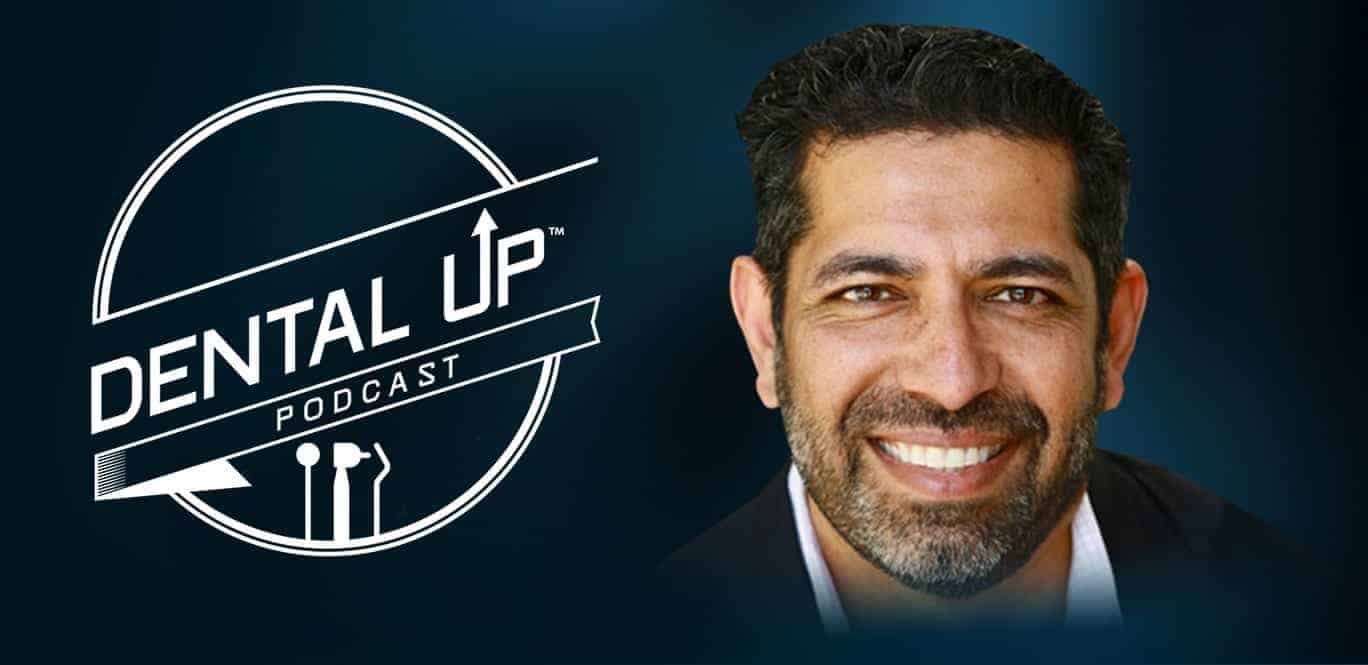
Dr. Sameer Puri | Episode 101 | 56:19
What was the last piece of equipment you’ve bought? Are you open to change and the evolution of procedures and equipment? In this clip, Dr. Sameer Puri talks about the importance of accepting change and adapting to the always changing technology.
Listen to the full Dr.Puri Episode here: https://keatingdentallab.com/podcast/adequately-adjusting-digital-change-dr-sameer-puri-dds/
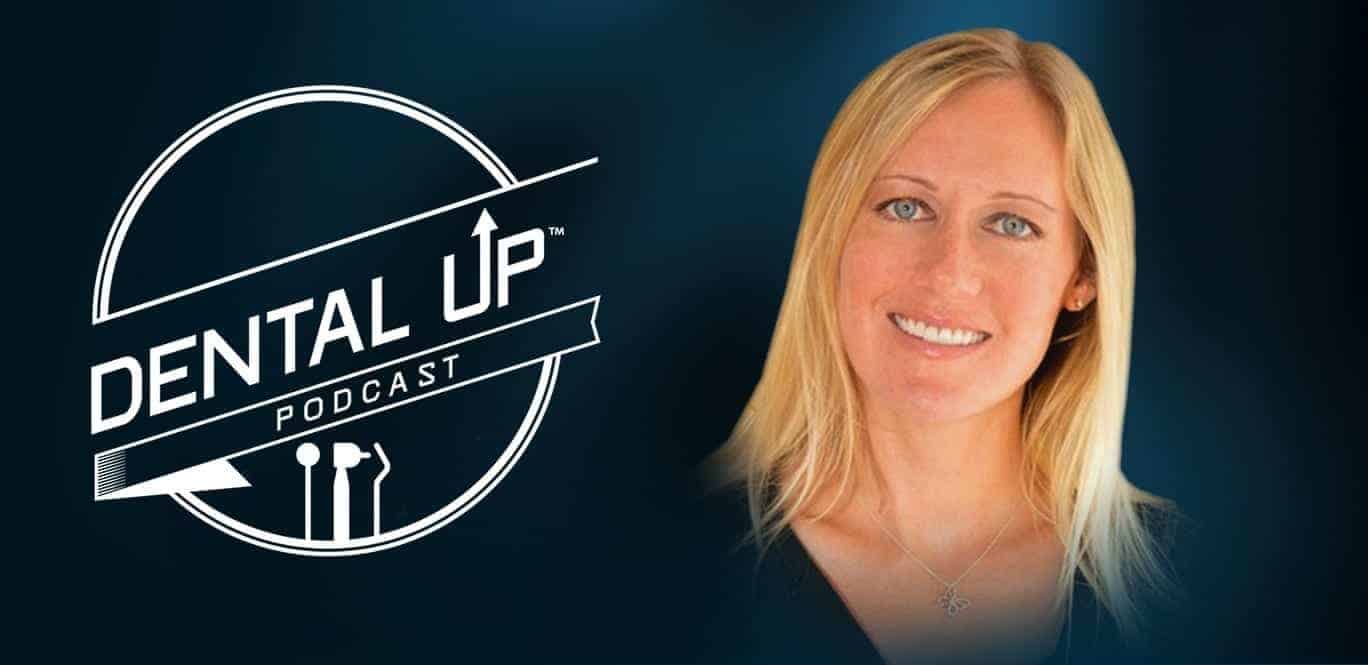
Dr. Tiffany Dushane | Episode 131 | 1:01:11
When did you know you wanted to be a dentist? Dr. DuShane knew at age 7. She goes into detail on what inspired her to pursue a career in dentistry and what her experience was as an associate.
Listen to the full Dr.DuShane Episode here: https://keatingdentallab.com/podcast/a-lifelong-passion-in-restorative-dentistry-with-dr-tiffany-dushane-dmd/
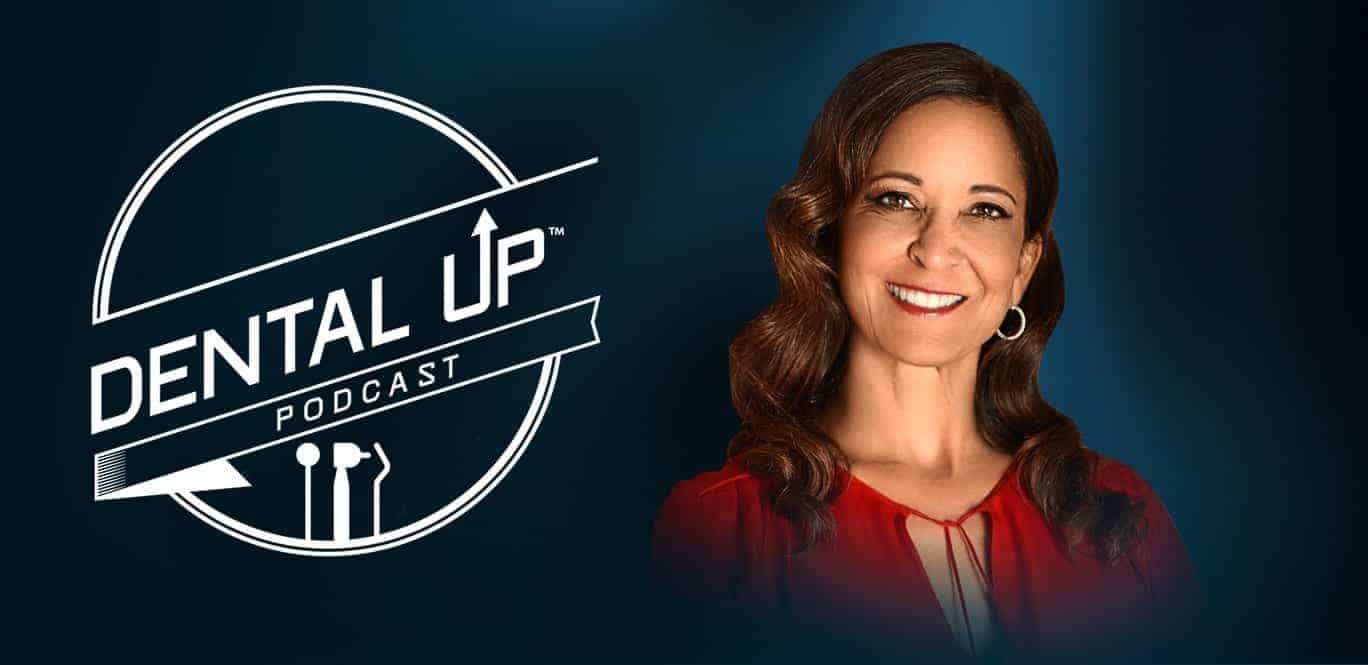
Dr. Sandra Calleros | Episode 123 | 1:04:16
If you are just starting out in Dentistry and need a quick summary of tips, techniques, and things to look out for… this is the episode for you! Dr. Sandra Calleros dishes out several tips and advice that she has learned over the years.
Listen to the full Dr. Calleros Episode here: keatingdentallab://keatinglab.wpengine.com/podcast/staying-ahead-in-the-dental-industry/
[bg_collapse view=”link” expand_text=”View Full Transcript” collapse_text=”Hide Transcript” ]
Announcer: You are listening to the Best of the Dental Up Podcast 2018 with your host Shaun Keating.
Shaun Keating: Hey everyone, this is our last episode of 2018 and we have a special one to end the year. You know how we do this podcast each week, I think this is number 140, you know it’s basically just about dentists, it’s their story. We don’t really have any one else on but real world dentists that are doing work in the chair every day and we hear a little bit about their story. Where they went to college, what they did to start off, if they start off as an associate, or went in started a practice straight up and lot of great stories and just I’ve worked with some of these dentists for many years and I found out a lot of things that I didn’t know about them and it’s just such a neat thing.
So many people behind the scenes doing stuff to make this all happen but we have so many dentists that I wish I could’ve gotten every one of them on this podcast, it would’ve went for several hours, but it’s just a snapshot of kind of some of the best of 2018 and again, man, I thank you guys for listening every Thursday to our podcast. Enjoy this last podcast of 2018 and we’ll see y’all next year.
Announcer: You’re listening to the Best of the Dental Up podcast 2018.
Shaun Keating: Hey everyone, here’s a little animation clip of one of the podcast I was talking about when I was in high school and I got a couple of swats for carving my initials in the trainer’s table, just did a little animation on a clip of part of the podcast, but I thought you guys might enjoy this. True story, baby. Thanks man, enjoy.
It’s so crazy. I remember my biggest scare was after elementary school we had junior high at seventh and eighth grade here, then high school is 9th through 12th. So when you got out of sixth grade you knew that you’re going to the junior high and then you had to do PE as one of your classes each day. You know you had seven classes or whatever.
Speaker 3: Sure.
Shaun Keating: And you have to go shower after PE buck-ass naked.
Speaker 3: Yep, that’s right.
Shaun Keating: That was just the scariest thing for us back then, but after the first few times you did it, then you did it all the way through high school, and you shower with the football team. I remember getting in trouble where I actually had to take a toothbrush and go into that shower in high school, it was like at senior year. I forgot what I … I carved my initials on the training table, SK44 was my football number, and they were so pissed at me. So I got a couple of swats.
Yeah, that’s crazy, they were allowed to spank you, swat you in junior high, in high school, and then they made me clean the showers for like an hour for one of my periods in there, you know, “Get in there and go clean the showers.” So, I’m there and all the guys are laughing, but …
Speaker 3: I hope you got some credit with your fellow football players for that [00:03:03].
Shaun Keating: That kind of just came out of nowhere. I kind of forgot about that, but … What a life.
Speaker 3: Interesting story.
Announcer: This is the Dental Up podcast.
Shaun Keating: That’s a trip. And then what about … that’s not UOP where you went to college?
Dave: No, no, UCSF, the real San Francisco school. Sorry.
Shaun Keating: Tell me a little bit about that journey. What was that like getting in there? Were your instructors cool? Did you have a good experience? Tell me a little bit about that.
Dave: You know, let me segue into that there. Let me give you some background information. When I applied, I thought I had really great scores, so I only applied to five or six schools, but when I applied, my application went in I believe in September. The application process starts in June. It’s an open enrollment is what they call it, a rolling admissions process.
Shaun Keating: Okay.
Dave: So if you get into June and there are 100 seats available, you will have a bigger chance, your probability is better, right?
Shaun Keating: Yeah.
Dave: But the cycle ends in December, so they start giving out their admissions seats I think December 1st or something like that. So if they’ve already handed out, and students who’ve already been accepted calls the school and takes that acceptance seat, then now you’re fighting for 12 remaining seats, so your probability goes down.
So for me, I thought I had really great scores. I still do, but I only applied to five or six schools and when it went through, it was in September, and I thought you know what, I wanted this one letter from my research advisor at UCI. I asked for it in September. In October, she went on maternity leave, November, she had the baby. December, she finally got it into the ADSAS program that you submit your application. So schools will not look at your application file until it’s entirely complete. This is an advice that I can give to all your listeners.
If you are stuck in that situation, just submit it as is, and then submit your whatever remaining documents that you have, a letter of recommendation from anybody, and then just submit it to the schools individually. At least your application file within ADSAS is closed. They can submit it to all the schools that you paid to submit it to. Then if it’s going to cost you, if you’ve applied to 10 schools it’ll cost you the shipping charges to 10 different schools, hey, it’s better to be in that earlier open enrollment process.
Shaun Keating: Yeah, like around June and then … instead of coming in in December.
Dave: Yeah. So that’s what happened. My application closed in December and I did get some interviews, and I did get wait-listed. Now I didn’t get pulled off that wait-list, and I’m like, “Dang, this sucks. I have to wait a whole nother year, ” but I learned from it and my parents were like, “Maybe you were too cocky. You should have applied to more schools. Apply to some backup schools.” And “Maybe it’s your interviewing style.” I told them, “No, Mom, Dad, I love talking to people. It’s not that, trust me.”
So then second round, second go around, everything went in June 1st, and the if the biggest advice that I can give to your listeners again, the second nugget is what I’ll call it, is to apply early. Once you’re in early, and my application did not change. I did not change any essays, I did not change a single thing. I didn’t take the DATs a second time. I submitted everything on the first day that it opened. The only difference was I applied to more backup schools just in case.
When I went to these interviews, I think out of the 13 schools I got an interview from, or I’ve applied to, I got interviews to 11 schools. Of the 11, I went to six interviews and I got into all of them.
The funny thing is when I went on these interviews, these dental schools would say, “Dave, we see your application from last year, and we have your application from this year. Why do you think you didn’t get in?” I told them about my theory on the open admissions process, the rolling admissions process, and sure enough they said, “You know what? With your numbers, your GPA and your score, you should have gotten in and we don’t know why you didn’t get in,” but the timing of it is really, was the key factor.”
Shaun Keating: Yeah, absolutely.
Dave: And so again, that second nugget, apply early, guys; big, big key.
Shaun Keating: Absolutely. No, that’s awesome.
Dave: Oh, sorry and then going into San Francisco, my experience there was great. The faculty up there was so much fun, learned a lot. I think everyone’s experience in dental school is going to be a little bit different because it’s going to be dependent on which faculty are there and the school board and HR, whoever hires on these dentists, you’re never gonna know who’s gonna be there ’cause there’s a lot of volunteer faculty and some of them will make your experience different than others. Some of them are business minded, so they’ll give you that background in that aspect. There are some that are more keen on technique or lab technique and so again, everyone’s experience is gonna be different, but I think most importantly it’s the class that you come in with, which you have no control over. That’s the admissions process, the students that interview you, the faculty that interview you, right?
Shaun Keating: Yep.
Dave: So luckily my class, we were all very well rounded, so we had so much fun after the first year. I think spring break we went on a trip to Vegas for someone’s birthday, there was like 30 of us in the club or something like that. Then I think after our first summer, a group of us, there was like six of us, we did a trip to Hong Kong and Thailand.
Shaun Keating: Wow, beautiful.
Dave: We all flew from all of our different vacations during that first summer, but we all met up in Thailand and we did our thing in two weeks.
Shaun Keating: No kidding.
Dave: So it was a lot of fun, but everyone’s experience is gonna be different. I say be open minded to who you meet, just be very open ’cause you have to be with your peers for the next four years.
Shaun Keating: Yeah.
Dave: You don’t want to burn bridges.
Shaun Keating: As a reminder, if you’re a dentist and you’re listening to this podcast and you don’t work with my lab, that’s fine. I mean most of the dentists that are on here work with me, but I’ve had a couple that haven’t. So if you are a dentist out there, you want to be on the podcast, give us a call or go ahead and email us over there at david@keatingdentallab.com. If you want to come on for a podcast I’d love to have you, man.
So I know you’re into like intraoral photograph and stuff. How did you get into that. Tell me a little bit why you got involved and who is some of your maybe mentors on that?
Female One: Well, in all of these [inaudible 00:10:02] courses you take at Pankey’s, Spear, anywhere, everyone is showing off their dentistry and teaching you how to use these photos for patient presentations and so I hired a photographer. He’s local here in Denver, Bill Moore, and he basically will just set you up with some settings, some presets where you learn … you put it on this one for intraoral and you put it on this one for portrait, but I found that if you can show the patient … and this isn’t that little camera that’s hooked up to your x-rays and you take a picture of one tooth at a time. This is more like a global view of the whole mouth, but I think if you can show somebody their whole mouth instead of one tooth at a time, they’re more likely to look at it as like a system that works together versus if you take a picture of one tooth with a crack, they’ll fix that one.
Shaun Keating: Oh absolutely.
Female One: I started doing that with the presets for a little while, but I got more into it, where we were taking some really cool portraits and I find that nothing makes your dentistry look better than being able to take a really nice picture of it and we were doing some portraits and having fun with that and I’ve gone a little off the deep end, I’m learning from these high fashion photographers, so we’re having a lot of fun just dressing people up and putting them in gowns or suits and just I think that if you … you can become a completely different person if you’ve got the right smile and that’s what the portraits are all about, is who could you become if you were able to smile wholeheartedly? So we’ve been having fun with that.
Announcer: This is the Dental Up podcast.
Shaun Keating: As an educator in our field, what is the one thing young dentists should focus on when choosing like their CE path? I know you’ve done so much CE yourself, you’ve given so much CE, but some of our younger dentists, what are some of the focuses you say you should be looking on when they’re thinking about their CE?
Speaker 6: I think two things. Well maybe three, but two of them are directly … Well, they’re all related. I think materials, to have a good handle on materials, the things you’re using. When I’m participating in various parts of Dentaltown or Facebook or something, when I ask somebody what they’re using and I get an answer something like, “Well, it’s in a yellow bottle.”
Shaun Keating: Exactly.
Speaker 6: And I have to tell you, I’m a little frustrated with that, especially if they’re having difficulties. So how are you using it? “Well, you know, like the instructions say,” and of course that’s not true either, but those kinds of things.
I think whatever you’re using, I think it’s your obligated to know what materials you’re using and how you’re using them. So I think materials, just from the standpoint of the … You don’t have to know about pouring stone and all that, but you need to have a handle on the kinds of materials you’re using, then you need to know how to use them, and then to become some basic operative dentistry ’cause everybody’s a little green coming out.
So a good handle on operative dentistry, restorative dentistry, the materials and then the other thing they should get into really early is occlusion because that’s a very, very huge part of your practice no matter who you are. Not that you can do full reconstructions on every patient because nobody is gonna be … Well, almost nobody is gonna be able to do that, but if you have a handle on what is happening, the kind of things that are happening and how occlusion relates in some fundamental cut grass with the concepts behind it, then I think you’re gonna be much better off. So I think those are the three areas that won’t cost you a fortune, but are well worth investing in.
One of the things that I wanted to say was that as dentists usually we have patients who break everything we put in their mouths and that is one of the more exasperating aspects in dentistry, but what I want to say is that with the advent of the BruxZir and BruxZir set of crowns that’s come to an end. So the patients that I have who tend to fracture … have had in the past fractured everything that I’ve been able to give them, I’m able to stop that at this point.
Now it is my opinion that no one should have a fractured crown anymore. You need to make sure that there’s a sufficient thickness of these crowns and I always make sure that I have at least two millimeters clearance occlusally and that to me is really, really important. When I see fracturing occurring in crowns, when I hear about it, I know that it’s because people have said in them, “You only need one millimeter or you don’t ever … ” and that’s just not true.
Shaun Keating: Yeah.
Speaker 6: If you have the one millimeter, if you go with one millimeter then you should have no trouble with these crowns at all because we’ve all seen this … I don’t know if everybody’s seen the smash test, but that’s a lot of fun to watch, just hitting it with a hammer into a piece of wood and I have not ever had BruxZir, you know KDC BruxZir or BruxZir set fracture. I’ve just never seen that, but like I said, I make sure I have two millimeters of clearance as you know and I think if everybody would do that, then they would not have any trouble.
It is nice to be able to look at patients and say, “You’re not gonna be able to break this.”
Shaun Keating: Yeah.
Speaker 6: I’m gonna say, “You’re not gonna be able to break it,” and the BruxZir the pure KDC BruxZirs are a little bit less aesthetic than the BruxZir aesthetics obviously. They’re a little whiter, a little more opaque as they are the poly crystal and oxide and they don’t have the cubic in them, but the people who break them really don’t care about that.
Shaun Keating: Yeah.
Speaker 6: They just want something that looks okay and is not gonna break. That is their main concern, is that it just not break anymore. So we finally have something I can give them and to me this is one of the more valuable tools that I’ve had in a very long time.
Shaun Keating: Hey, just a reminder if you could, go over iTunes and search Dental Up and leave us a review. Man, a little five-star review, man, we’d be really appreciative with that and leave us a review, leave some comments on it and tell us what you like if you could and you know I really would appreciate that. Again, thanks again for listening to the Dental Up podcast.
What concerns do you have about the future of dentistry?
Speaker 7: I think that most dentists have to be concerned about what dental insurance companies are doing to the dental profession. Most people when they get a job they get dental insurance with that job and because of that the employers who pay for the insurance premiums are trying to limit their dollars in what they spend in both medical and dental. The way I see it, this might be wrong, because they’re medical costs have gone up in recent years, they are trying to decrease their overall medical costs and where do the cut? They cut in dental.
So where in the past they might have offered a choice of an HMO and a PPO and maybe the person who was making the choice had a little more removed from their paycheck to pay for the PPO, a lot of them now are only getting a HMO as the only option. I think that hurts dentistry a lot because most people, and you can’t blame them, don’t know the difference. To them it’s three different letters and they have no idea and they expect all dental offices are the same and if you’re in the profession of dentistry I just don’t see how an HMO office can deliver you the same care as any type of office that’s able to give you the options.
As you know from earlier in our conversation, I did HMO dentistry and while I did it I followed all the rules and I gave every patient the same quality crown or filling that I did my regular patients, but after a while you just realize it’s tough to deal in only that type of situation.
My other concern is when you’re getting of dental school or you’re just starting that you almost have to go into a large group practice and here in California we might be ahead of what’s considered the norm in the rest of the country, but we have a lot of huge 30-40 chair practices where it’s the only place you can get a job and they’re dealing in HMO dentistry. I know from personal stories and I won’t tell them, but I’ve worked with other dentists who told me that they just do things that are unethical because they’re maxing out whatever they can to create the dollars that are needed to run that type of a practice.
My concern is that in that train of thought, that if you’re a young dentist, you just went to dental school, you learned what considered ideal dentistry is, but you haven’t learned yet what practical dentistry is and you’re gonna get some bad examples set in front of you in that type of environment.
So if you can learn what you can as Shaun mentioned earlier, take what you can out of that type of a situation, I think that’s great, but for a career, I just don’t see anybody lasting that long. It’ll mentally drain you or you just become basically a bad dentist. If you’re out there and you’ve been able doing that for 10 years, God bless you, but I just don’t see how you can do that.
Announcer: This is the Dental Up podcast.
Speaker 8: That was the most rewarding case of my career, she’s actually my dental assistant down there and she only works 16 hours a week and her teeth were in terrible shape and every time she would talk to me … I had to work with her 16 hours a week and she’s always covering up her mouth and it was the elephant in the room every week, but she would mention to me how she was going to go to Affordable Dentures, get an upper denture and I said, “Let’s just … ” I said, “Get in the chair.” We were in the joint and I put her in the chair and I looked at her case. It was really challenging, it was multiple extractions, root canals and it was gonna be 12 or 13 units-
Shaun Keating: Fixed-
Speaker 8: … maxillary arch. Yeah, two bridges and four crowns and then her lower arch wasn’t as bad. I just told her, I said, “You know what? Let me just do your case for free. Who cares?” But she had to travel two hours to come up here and get the work done. It took several visits and I shouldn’t run my mouth because like I was expecting my brother to absorb the cost into his practice and he got all pissed off about it and then his wife got involved with it and then they were taking money out of lowly paycheck for this case and then my wife caught wind of it and then she was pissed off about it, and I’m like two grand deep in on this thing.
Then the staff my office here, they’re all weirded out about the whole thing. It was like this case was gonna cost me a divorce. I thought to myself, I was like, “You know what? I’m gonna have to pay like a couple grand more to finish this case off,” you know, and I said, “I’m probably gonna get a divorce,” I said, “I’m gonna call Keith. I said, “I gotta write him a letter.” So I told me brother, I said, “I’m writing Keith and I’m gonna see if he can get me an Obama bailout man because this is getting crazy, man.”
This case was stressing me out and so I wrote you the letter, man, and then you said you’d do the case and I don’t know what you did. I think you put your ace guy on it because it was sick and man when I go down there she smiled and it changed her life, man.
Shaun Keating: I bet. Don’t let your wife and other people see her now ’cause she’s probably hotter than heck with those teeth.
Speaker 8: Oh, that’s what happened, man, yeah.
Shaun Keating: No, when I got a letter from you, man, and you kinda broke it all down, I was almost in tears. You did, you went through a lot at your practice and everything else. You’re just trying to do a good deed. You know you were trying to help someone out and especially when you work with them all day.
Speaker 8: I wasn’t gonna sit in there and not do anything about it when I had the capabilities of restoring the thing, you know? Then your guys knocked it out of the park, made me look good. It was ridiculous, I’m telling you.
Shaun Keating: I can’t wait to see some pics, man. I want to see some pics of that-
Speaker 8: I didn’t take too many pics, man, because she’s like embarrassed to even get the pics and then I’m like not Mr. Cosmetic guru. Here I am like taking pictures with my cellphone and junk, so it was just … it was a [crosstalk 00:23:31]
Shaun Keating: No, hey, all you need is one before and one after and that’s all you need and just it is …
Speaker 8: Yeah, I can scratch together some and do a halfway decent case presentation with it, but man, it was really neat.
Shaun Keating: What kind of advice can you given some of these newer dentists starting out, you know, like do’s and don’ts? Anything, like starting off as an associate pretty smart, going into your own practice? What kind of advice can you give out to some of our younger dentists that listen?
Speaker 8: Well, yeah, looking back on my career, I literally have done it all from associate to prison dentistry to practice owner. My recommendation is first I think you need to do a residency, that what I think. I think that’s critical and then I think you need to get into practice ownership as quickly as possible for financial reasons. You know the only time I made money in dentistry is when I owned a practice, but that wasn’t for me, but I’m fine.
I don’t need … I didn’t have a huge amount of student loans. I had a little over $100,000, wiped that out a long time ago. I’ve been a dentist for 17 years now, but my recommendation is just buy a practice as quick as possible, quickly as you feel comfortable and just digging in and taking “no” for an answer and-
Shaun Keating: Go for it, you know?
Speaker 8: You know treat people as good as you can. I think one of the mistakes I did make early when I was a practice owner was I probably bit off a little more than I could chew. What I mean is probably should have referred a little more, I probably shouldn’t done that molar endo here and there thinking I was he-man.
Shaun Keating: Yeah. No, that’s smart.
Speaker 8: So you can’t solve the world’s problems. You just gotta do what’s best for the patient and eventually you’ll be as busy as you want to be and as successful as you want to be.
Announcer: This is the Dental Up podcast.
Shaun Keating: Why did you get into dentistry and at what point did you think, “I want to be a dentist?”
Female 2: It’s funny ’cause I always wanted to be a doctor and I was for sure I was going to be a physician, but everyone kept telling me, “I think you would be a really good dentist because you just like teeth,” and I absolutely did. I love looking at my own teeth, whenever I would meet people I would assess their teeth, but I thought, “That’s really a cosmetic thing, I want to do something medical or clinical, so I’m gonna be a physician.”
After I graduated from Stanford I went to the John Hopkins School of Public Health and it was there that I learned that Native Americans have the highest rate of oral health disease in the country among all ethnicities and that Native American children have the highest rate of dental caries and that’s when I realized that it’s not just a cosmetic thing, that’s what’s going on in your mouth is connected to your whole systemic health and this is an excellent career and there’s not that many Native American dentists. In fact, there’s less than 300 of us and we have just the low, low, low rates of providers in our area.
So I thought I could make a much bigger difference being a dentist than being a physician and I’d still be a doctor. Also, I just love working with my hands, so making things, bead work, painting, sewing. It was a natural fit for me then.
So November is National Native American Heritage Month, so it’s a time when people, organizations are doing more to help educate the public and just really celebrating our culture. So I think if people are interested they can look into what was going on, especially at the Smithsonian, The National Museum of the American Indian. Even though it is a museum, it’s a living place where tribes still go and meet and represent their culture.
Shaun Keating: What did you do going to client, where’d you go to client? Tell me a little bit about your journey there if you could, doctor?
Female 2: I’m the first in my family to go and complete college and I really just felt that I was strongly encouraged by my parents, by my family, by my tribe. We’re matrilineal, so women are always encouraged to do whatever they believe is possible. So I had no doubt that I could leave and be successful, but when I got there it was different because it’s hard to have any … there’s not that many role models because there’s not that many people who have made it through.
There are some and so it as challenging. The first year really was difficult. I thought I was well prepared. I came from a public school and I had to learn a lot my freshman year of college to just catch up with all the chemistry and the calculus, on top of all the reading for the humanities and the writing.
Shaun Keating: I can imagine.
Female 2: So it was a challenge, but I stuck the course and I was really lucky that Stanford has a strong Stanford American Indian Organization, so I had people there that I could turn to and they know where I was coming from and they were also doing the same thing. So some of my classmates, they’re doing fantastic things in their lives and in their careers now.
After graduating from college I wasn’t quite ready to apply to medical school yet. I wanted to retake some courses and I was able to get a job at the Johns Hopkins Center for American Indian Health in Baltimore and at that time while I was working I also did a masters in health science there at the School of Public Health and that really helped solidify my science background so that I could be an excellent candidate for dental school.
Shaun Keating: That’s so cool. It’s so tough to be dentist as I hear all these doctors that I talk to in podcast just about their education and what they have to go through. It’s quite the challenge. I just don’t know how-
Female 2: It’s a journey.
Shaun Keating: Yeah, it really is tough.
Female 2: And then dental school isn’t easy.
Shaun Keating: No, I couldn’t imagine.
Female 2: I thought, “Oh, I’ll be fine. I went to Stanford and John Hopkins, dental school will be easy,” but it’s different, a different environment, and the clinical skills are like nothing you’ve ever done before and then I didn’t come from a family of dentists, so I really wasn’t sure what to expect even though I had done some shadowing. A lot of classmates were very well prepared because they’d come from families of dentists and they’d known they wanted to be dentists since they were young.
Announcer: You’re listening to the best of the Dental Up podcast 2018.
Shaun Keating: I did this podcast, man, I mean I get nervous. I used to get nervous. I didn’t want to do this. I was like, “Why am I doing this?” ’cause I had this one [inaudible 00:29:56] was my clinical director and I’m like, “Let’s do a podcasts for the dentists,” and so then he left after a while. It was like, “Dude, what am I gonna do? I’m not gonna … Who am I gonna get other dentists in here?” and I’m just thinking, “Let it go for a couple of months,” and in my stomach it just like, “Well Shaun, you gotta do it yourself.” It’s just a matter of … It’s not like we’re selling anything, it’s not like we’re sponsored and every 10 minutes telling you about, “Buy this product,” and this and that.
It’s just basically about dentists, real dentists that aren’t lecturers and some might lecture, but it’s just real dentists and, “Hey, I went to school here. I started my practice like this,” and it’s turned out to be something that I’m not nervous anymore, but I just was out of my comfort zone doing this, but yet now it’s just something … I don’t know, it’s pretty neat. Just talk to my existing accounts that work me and a lot of them don’t want to do it.
It’s like, “No, Shaun, I’m not gonna do it.” It’s just audio, just tell me about your story a little bit, so I think everyone, you need to get out of your comfort zone a little bit. You can’t just keep doing … If you always do what you’ve always done, you’ll always have what you’ve always had.
That’s a great [crosstalk 00:31:07], you just kinda got push yourself a little bit and it’s like you did, you pushed yourself and heck, you got 100 plus hours a year in education. You don’t need to do that, but you keep pushing it and to go to Kois for years and years and years and then now to be a mentor, you don’t have to do that. You’re doing it ’cause it’s in your heart and you’re pushing yourself and I think it comes back to you.
Speaker 12: Yeah, podcasts like this are really good though because a lot of these young dentists they do have the debt and it’s hard. I was talking to one last week and she was saying, “I so want to go up to Kois, sir. I so want to go up to Spear,” and she asked how much it was and we were talking and she’s like, “I can’t afford that.” I mean she’s making more than I was out of school, but the debt is so big for them, but things like these podcasts and the different groups on the internet and Facebook and wherever, it does at least give them an intro to a lot of stuff that … lower costs. You know ’cause when I came out, there weren’t podcasts that you could easily access on different topics.
Shaun Keating: Exactly.
Speaker 12: And groups that you could talk to, so I’m a big fan of … I used to go watch my surgeon work and my periodontist work. I’ve driven … I’ve mentored dentists and flown all over the country and watched them for a day or two in their office just to kinda get the CE, but technology makes that a lot easier now than it used to be. So it’s definitely something that gives us the advantages that we didn’t used to have 15-20 years ago.
Shaun Keating: Oh absolutely and when you say that right there I always had that in the back of my head, that I’ve had some super great dentists that are just in great areas with just lots of patients and they got everything dialed in from the marketing to the staffing, all the way till just their hands kills, the dental part of it, and I just would say to myself, “Dude.”
I mean guy would do 10 grand a month, but you know what? We’d have to do a grand a month to business over because of certain little things and I always wished I could … ’cause I got doctors all over that are just crushing it and just really got it down, so to send to Dr. Kai for send to Dr. Cross or to send to Dr. Kanka to go to these practices, like let me give you three or four grand a day or whatever it is, it’s worth me, five, 10 grand to send you out or whatever, just to work with … and a lot of times with ego that these dentists didn’t want to do it because I’ve done it a few times with different dentists, but it’s just the neatest thing that, man, swallow your ego, let this guy come sit with you chairside for a couple of days going through your practice and just to have an adjustment of this little bit will get you this and just change your life and a little adjustments, not big huge things.
A little adjustment here, a little adjustment here, use these [inaudible 00:33:57] here when you’re doing your depth cuts here, use this cord when you’re double packing the cord and using Impregum or whatever it might be or get this scanner from Three [inaudible 00:34:07], man. Just send your impressions this way, do your temps this way, make your temps your contact circles bigger, broader and keep your temps more in occlusion and you’re not gonna get eruption and it’s just a frigging neat thing when we can have a doctor kinda go do that for other guys that have it, but they just haven’t fine tuned it.
I just think that’s a great thing and I’m gonna put that back up on the top of the list too on my KOLs, my key opinion leader type dudes that are Keatings KOLs, Keatings key opinion leaders and my guys and it’s not opinion leader, it’s almost Keating frigging key hand, key hands dentists or what. I gotta come up with something, but just the guys that gotta it down in practicing dentistry, man. Just to go, “Hey, go to this practice here, this dude will go from a … ” Ah, okay, I’ll shut up.
Speaker 12: It all works when we’re on the same page. When the labs on the same page, the dentist is on the same page and the staff. I mean it’s getting us all together. I mean sometimes probably herding cats, but communication that’s the key, you know?
Shaun Keating: Oh, absolutely.
Speaker 12: I’d say that the biggest thing you’ve helped us with. It’s never a blame game. We can’t the shade or something doesn’t fit right, obviously we want to know if the impression is off and you guys are great with that, but sometimes it’s just hard.
Shaun Keating: Yeah, you get a little mouth, this person can’t get it open, you got his retromolar pads are pushing up and [inaudible 00:35:38]. It’s nuts.
Speaker 12: Yeah, we work together, we usually find a way to get it done.
Shaun Keating: Absolutely.
Speaker 12: No blame, just getting on the same team and going forward.
Announcer: This is the Dental Up podcast.
Shaun Keating: So tell me, when you got out of college did you start out as an associate or did you purchase a practice, did you go and work at your dad’s practice? Tell me how that started out.
Female 3: You know after my residency I really thought that I had no desire to own my own practice. Just the thought of that just terrified me, but I ended up working for a large group practice in town for a very short while and I worked on commission, but I just found that … I’ll tell you what did it was that the partners would do the crown and bridge and then they would have me seat the crown and bridge and not get reimbursed for that and it just really ticked me off.
Shaun Keating: Yeah.
Female 3: So I decided that was enough motivating for me to open my own practice ’cause I’m like, “Man, I’m not gonna get any better if I just am doing all the cleanup work and not getting paid for this.” I felt underappreciated.
Shaun Keating: I know, I can imagine.
Female 3: But it was a good motivator to get over my fear of opening up my own practice, so that’s what I did it.
Shaun Keating: That’s awesome.
Female 3: I’ll tell you I mistakenly thought that the work was going to be getting ready to open the practice and then you just coast after that and that’s definitely not true, that if you own business, just like I’m sure you in your business, there’s just a lot that goes into the day-in-day, behind the scenes business wise that you wouldn’t have imagined you have to keep nurturing after you get it going.
Shaun Keating: Absolutely. The whole thing with dentistry and it’s like in any business, sure you know your field, but then the front desk, the back desk, the books, the taxes, the payroll, the marketing, just the everything, there’s a lot to it and I’m not saying it’s a good thing, but it never ends. When you’re a business owner it’s 24/7.
Female 3: No, it’s never ending that’s for sure. You definitely need to be paying attention to things and hiring the right people, not necessarily the person with the most experience, but the people with the right emotional IQ.
Shaun Keating: Just the right attitude, exactly.
Female 3: Right, exactly.
Shaun Keating: ‘Cause you’re gonna be working with them, you’re with them all day every day-
Female 3: More than your family, right?
Shaun Keating: More than the family.
Female 3: Exactly.
Shaun Keating: So the whole thing with hiring people, that’s kind of an art to that and I’ve done pretty good on my hires and I’ve just been very blessed on everything that has worked out with us, but you just gotta let your ego go when it comes to running the business and just always … I still do it, I still bring in people to mentor me in certain areas. I bring in people to kinda break down what I’m doing to audit my processes and I’m always doing that and it’s just like you have to do that and listening to your critics and your patients and in my case, the doctors, when there’s an issue, take it to heart.
When you’re an owner and your name is on the building you have to do that because the guys that don’t do that or the girls that don’t do that you’re not doing yourself any favors. You just put in your dues, like you said, your first 10 years probably was the toughest and it’s getting easier for sure, I’m sure for you, but some of these newer dentists, man, they come in and they just expect the world and you just gotta get in those trenches. Just work hard, do the right thing and just try to practice great dentistry and doing the right thing and taking care of your people and it comes to you. It will come to you and I think it’s just so important.
Female 3: Right and I think that’s it, is that don’t just … I think it’s important to take pride in all the things that you do, even the things that seem mundane. Like a simple amalgam filling, just do the best one you can do if that’s what you’re doing on that day on that person. I think just overall taking pride in the finished product of what you’re doing, then I think that helps you become better in all aspects.
Shaun Keating: And your patients see it. They can see it with your staff and everything else, that these guys care, they really want to do good and then there’s certain people that don’t really have that passion and people pick that up. I have so many doctors when I go and ask them, “So what do you do to drive patients to your practice?” and a lot of won’t … “I really don’t do social medial, I really don’t do a bunch of anything when it comes to that. I just do the best job I can on my patients and we let them know that, ‘Hey, if you have friends that need some dentistry, let them know about us if you could, please.'” And they’re like their biggest cheerleaders and you got like raving fans.
I have a book, I read “Raving Fans” and you know if you concentrated more on your existing accounts that you have right now you’re gonna get bigger by just taking care of those guys instead of trying to bring in so many new patients. You just let the people do it for you, treat them good and have your staff treat them good and you’ll grow your practice.
Hey, and remember to go to keatingdentallab.com/promo. Each month we have a new promotion and man, you could save a lot of money on the different things and sometimes it’s on the PFM, sometimes it’s on E-Max, sometimes it’s on our KDZ or our Keating dental zirconia, it could be a BruxZir or a BruxZir aesthetic, but are quite a bit of savings. So make sure you go to keatingdentallab.com/promo and you can see what we got offering for you guys. Again, thank you so much. We look forward to 2019 and helping you succeed in your dental practice.
Female 4: Say what you want about corporate dentistry, I’ve been super happy. I run my practice. I’ve never gotten a call from anybody telling me anything what to do. I work my ass off and then the difference is when I need something I call and it happens.
Shaun Keating: Yeah.
Female 4: I was ready and I’m a profitable practice because that’s the way I run my business and my partner and I decide what to spend our money on and we decide when we need a new employee and we decide that kind of stuff, but then I just call up and go, “Hey, I need a new employee.” They put an ad in the paper, they screen them for me. When we get screens, then they go to my office manager. I only see them when they come in for a working interview and that’s when I have to deal with them.
So it’s that kinda stuff-
Shaun Keating: And that’s for a lot of dentists-
Female 4: It’s not a-
Shaun Keating: They would love it because a lot of guys don’t have the structure and just their systems in place and that’s kinda why you guys are rocking and rolling and it’s not about … so many dentists want to do every aspect and they’re only giving 30-40% effort on each on, where be 100%-
Female 4: Exactly.
Shaun Keating: … in your practice doing what you do and that’s working on the patients and that and let everything else fall into place. I remember back in the day, way back, one of the earlier meetings at Dentaltown. Remember outside and I remember Rick [Workman 00:42:58] was there, we just met them and there’s frigging somebody blowing a doobie in the background, he’s looking around, I remember going, “Oh God, that’s not me. I’m just the lab tech,” but he was so chilled about it. I remember at the time I was talking to him and he had 160 practices back then and I’m sure that’s a lot more than the got now. He kinda reminded me of like a movie star type dude. He just had the good looks and just kinda reminded of you like a queen type-
Female 4: He does. He’s very charismatic and there’s over 800 … I think there’s 800 and something now, 850 and it’s insane.
Shaun Keating: Can you believe it, it was 160 back then. I’m thinking, “Dude, I got 1,000 doctors at dental practices.” That I’m thinking to myself, but I didn’t say that to him ’cause I was just kind of in awe and like you said, he’s kinda eccentric a little bit, but he really, for me, just being a lowly lab tech, but I was with all the dentists. I was with you and Clayton and Scotty Bridges and we just kinda shut up and listened to this guy and he was like the Pied Piper.
It was kind of a neat thing, but some of the guys with their practices, “Oh, I don’t want that,” but for some people it works and they’re not at 800 practices right now because of luck, they made it happen and it’s helped a lot of dentists practice what they want to do and let them do what they don’t want to do and it works.
Female 4: Exactly.
Shaun Keating: So hats off to you, man. I’m not, man, that’s-
Female 4: Exactly, and when I joined them, they really do, they have a bad rap and it’s from people that don’t know.
Shaun Keating: Yeah.
Female 4: Really, there’s always people that are gonna be unhappy and they’re gonna leave ’cause they’re unhappy, but the only way to be unhappy at Heartland Dental Practice is to not doing anything. If you’re gonna … I didn’t have to change the way I practice dentistry when I moved from private practice to that. Literally all I had to do was learn the names of the employees of the practice I joined because I presented the cases the same way. My communications were the same way. The things that I’ve changed are things that I’ve actually improved in terms of … you know, I used to have the financial discussions with the patient. I don’t do that anymore.
Shaun Keating: Good for you.
Female 4: I have much more qualified people that can do that kind of stuff. I say, “You know what? I don’t even know how much a crown costs in my office,” and I truly don’t because there’s 472 insurance plans I take. So I say, “I’m gonna have you talk to the professional in my office that handles this all day. I’m just here to take care of the teeth and to take care of you,” and I move on.
Shaun Keating: Perfect.
Female 4: It’s a great way and this is the way I practiced … you know a lot of the stuff is the same way I practiced before. So it’s not a shift in thinking in terms of how I practice dentistry. I’m still taking the same care of the same patients and 40% of my old practice has come with me ’cause I had to leave it behind to get away from where I was. 40% of my practice has found me and followed me because they like the way I did dentistry and it’s the same, it hasn’t changed.
Shaun Keating: No.
Female 4: Just the names of the players that I surround myself with have changed slightly. So it’s not a big gig and there’s a lot or really, really, really happy people that work for Heartland Dental Office, I’ll tell you that.
Shaun Keating: Oh hey, I bet.
Female 4: There’s more happy than unhappy.
Shaun Keating: Well, you just gotta buy into it and it just works for people that want to engage in having somebody run it, doing the things that they don’t want to do, like the accounting and the billing, all that stuff. I think it’s huge.
Female 4: Yeah, I don’t want to do that. I don’t want to do the IP. I want to call somebody when I need my IT fixed.
Shaun Keating: Exactly. Oh yeah, I remember that.
Female 4: Yep. He is. He does a lot of clinical. I’m not actually sure how often. I know he practices, it’s not full-time, but I know he still does do some clinical, but he’s like one of the senior … I don’t know all the titles in Heartland ’cause I’m not like a big name person. I know his name, but I don’t know exactly what he does. It has to do with a lot of the clinical supplies and most of the clinical stuff. So supply testing ’cause we have preferred vendors and preferred supplies and blah, blah, blah.
Shaun Keating: Yeah.
Female 4: So he does a lot of that kind of stuff.
Shaun Keating: No, he’s the man. I love Seth. He’s a good guy. I always bust his balls, like, “Dude, come on now …” ’cause you know you got certain labs you can’t use, your pricing this and that, and I kinda always was … when I’d see him out at the conventions, “Come on now, Seth,” ’cause I used to do his work forever, but he kinda dropped down and I think he’s doing more for the corporation than actually practicing dentistry.
Female 4: I think he is.
Shaun Keating: I can see you though being one of the head mentors ’cause you can do it all. You’ve been through it all and just your so strong in your personality and you just can get along with anybody, but I could see you as it winds down maybe, I could see you really going out there and just really rocking and rolling with a lot of people.
Female 4: I would love that. I think that would be right up my alley because it would keep me in it, but also it would just … I do like to talk one-on-one to people to do that kind of thing and kinda pass it along. I can be a little out there for some people, so I sometimes tend bowl a really, really meek person, maybe they wouldn’t assign me to.
Shaun Keating: Yeah, exactly.
Female 4: ‘Cause I’d be like, “What the fuck?” I would just be like, “What’s wrong with you?”
Shaun Keating: “Pick it up. Pick it up old timer. We gotta get those-
Female 4: I gotta reign it in a little bit.
Shaun Keating: Yeah.
Female 4: This isn’t dental school anymore [inaudible 00:48:15]. I’m just kidding.
Shaun Keating: “Come on, put your big boy pants on and let’s get this tooth isolated.”
Female 4: Yeah, “Let’s go.”
Shaun Keating: “Here, let me show you. Sit down in the chair and you know monkey see monkey do. Watch this.” No, that’s awesome.
Female 4: Exactly.
Shaun Keating: So what is some of the advice you can give some of the newer dentists out there starting off? I know you’ve seen it all from the starting your own practice and everything else. What kind of advice for some of the newer ones coming up and the do’s and don’ts?
Female 4: This is kinda funny because my advice is not gonna be clinical and I think 10 years ago it would have been clinical, like get really good at root canals or get really good at extractions, which those are things. Don’t go outside of your comfort zone too far until you really get good at something, but the best way to do something is to just do it over and over. So say if somebody wants their tooth out, say, “You know what? I’ve been trying to get better an endo. Let me get a deal here. For the cost of that extraction, I’m gonna do a root canal on that tooth and I’m gonna do it and I want to get better at root canals and you know what? If I do a good job …”
Obviously present it a little bit differently than that, but, “I want to get faster,” whatever, “I’ve got some new equipment I want to try out,” whatever your spiel is, “I’ve got some new equipment. I want to get more efficient at and since we’re gonna take that tooth anyway …” obviously if it’s a savable tooth, “Let me do the root canal so that I can get a little bit better with my equipment that I’m testing,” or whatever your story is and then it’s a win-win.
Shaun Keating: Yeah.
Female 4: I get to be better and you get a root canal for $175.
Shaun Keating: Exactly.
Female 4: Those kinds of things you cannot buy that kind of education. The patient knows, they’re gonna be thrilled with $175 root canal, even if it takes them two-and-a-half hours, you’ve now got another molar endo under your belt.
Shaun Keating: Exactly.
Female 4: You know those kinds of things you can’t be afraid to think outside the box, but one of my biggest things that I would say is that you’ve got to develop yourself as the leader of the practice. You can’t take your advice from your assistant. You can take information from your assistant, but you need to be the leader and I’m not saying the dictator.
You need to lead by example. So you need to be not an hour late to work like I was this morning. You need to be on time, you need to be true to your word, you need to treat all patients with honesty and integrity and you need to treat all patients equally. Those are all things that I think people don’t worry about and they think that stuff will kinda come along down the road, but the biggest thing you can be is to be a leader to yourself and to your family. This works on kids too.
Shaun Keating: Yeah, absolutely.
Female 4: I can’t lie to somebody and then expect my kids to tell me the truth. It works with staff, it works with patients, it works just in your personal life in general. You’ll just be a better person overall and if you can be a good leader, the rest of it will kind of come along because your staff is gonna love you. Your patients are gonna love you because your staff loves you. Your kids are gonna love you because you’re not an a-hole all the time. There’s a lot of stuff that can come along with that, but just I think doing that and thinking outside the box clinically. Nobody comes out of dental school knowing how to do shit.
Shaun Keating: Yeah, exactly.
Female 4: So just to say, “You know what? I’m learning how to place implants, so for the next 10 patients …” which is exactly what I did. “I placed implants before,” I said, “but my staff hasn’t placed implants before.” I said, “So there’s gonna be times when we don’t get it to lab on time or we write the wrong instructions and it’s gonna take another week to get it back or Dr. Bailey forgets to write down that it’s a porcelain infused to metal screw retained crown,” like I just did on my case to you.
Shaun Keating: Exactly.
Female 4: So I said, “We’re gonna … ” Now we’re at 150 implants in, I may be just a moron, but-
Shaun Keating: No, you’re doing great.
Female 4: … by taking the time to explain to patient, “We are learning together, and my staff and I are learning together.” The patients appreciate that, they appreciate the discount, we get to do 20 implants in our first month ’cause I did them all for half price.
Shaun Keating: Yeah, exactly.
Female 4: And by the end of our first month we were ready to go. Like we knew, we paid the first six months worth of our payments on the CT and we paid for the implant kit, we were ready to go, so we were prepared.
So then anytime and three and a bridge is on the menu, my staff feels comfortable offering an implant and talking to the patient about implants.
Shaun Keating: Awesome.
Female 4: The front desk knows how to explain financials because they did it 20 times in one month or 30 times in one month to explain it. So just treat your practice as a learning experience as well.
Shaun Keating: Yeah.
Announcer: This is the Dental Up podcast.
Shaun Keating: It’s so rewarding to me and I just love for years my tagline was creating smiled every day and we kinda do. We kinda work seven days a week here, man, and it’s day and night ’cause we have different crews that come in and we’re like a star football team here. It comes in and we’re working it, baby, and we’re working it like three days and it’s out the door and it’s just what we do. So it’s just something. I just love the field that I’m in and I’ve done a lot of smiles in my life and it does change people’s lives.
Speaker 16: It does. I recently received a case from your lab. It was 6-11 and a bridge from 22 to 27, so just all the interiors. It was for a dad that he wanted to be able to smile at his daughter’s wedding and everybody loves him when he comes and everybody was happy to be able to see him smile.
Shaun Keating: How did it go to place. It go to place like five minutes each crown, they just dropped into place or what?
Speaker 16: It was beautiful ’cause we fixed some misalignment that he had on number 7, and we didn’t extract number 7. He had a second opinion that they wanted to extract number 7, but we made it work and it looks great.
Shaun Keating: That’s so cool, dude.
Speaker 16: Sometimes on those, on the sheet that we get like for feedback, I do see like, “Thank you to the technician who was in charge of that case or something. They did a lot of work.”
Shaun Keating: Seeing that I always ask, what kind of advice can you give some of our newer dentists just starting off. You’re pretty new but, man, you got it together, man, ’cause I’ve seen your work and you’re really crushing it, dude. What kind of advice can you give some of the younger guys that are starting off, some of the do’s and don’ts and maybe starting off as an associateship or starting your practice? With do you think you can give me some advice on that for some of our newer people out there?
Speaker 16: I’ll say you know what really helped me to know ’cause once you graduated from dental school you feel that you can do everything, but I did go to an AGD and I think that really opened my eye to see how many things I didn’t know and feeling comfortable with normal class 2s or just the single crown, but then with more aesthetic cases where you’re worried about crown lengthening or the gingival hides or the buccal corridor or implants. If you have that type of personality where you like learning and you’re not afraid of trying new things, I think doing a good AGD is the way to go.
I went to Baylor and Baylor prepares you really, really well. You do a lot of procedures compared to other schools and I felt really comfortable doing the single tooth dentistry and I just didn’t know what I didn’t know, you know what I mean?
Shaun Keating: Exactly. No, that’s so true.
Speaker 16: So pursuing more education, doing continuing education ’cause if you’re not learning, constantly learning new things than you’re just stuck in the same place and you don’t know how much better you could be doing.
Announcer: This is the Dental Up podcast.
Shaun Keating: There’s a lot of guys that got great theory in their minds and got really smart but they don’t have the hands. Some guys got some hands but don’t know what they’re doing. You’re the full package and, man, you’re a very, very talented fricking dentist, dude, ’cause I’ve seen firsthand.
Speaker 17: I appreciate that. You know for me it was I think I got started on the right track. I had some good education straight out of my residency and kinda connected with some good folks that steered me in the right direction, but at the end of the day, to me … and we can talk CAD/CAM in general. I’m obviously a [CEREC 00:56:55] guy and have been for all these years, but someone actually came up to me at the Chicago midwinter meeting and said, “Do you regret calling your company CEREC doctors.[com 00:57:09] and not something else because now CEREC is not the only game in town,” and I was like, “No way, man. No one is happier to see CAD/CAM in general grow than me.” I know CEREC is not the only game in town, that’s totally fine, there’s nothing wrong with that. Just like you can’t be the only lab in town.
Shaun Keating: Exactly.
Speaker 17: Someone else can’t have the only composite [inaudible 00:57:32]. There’s plenty to go around for everyone, and I’m just happy to see the segment grow.
Shaun Keating: Oh, absolutely.
Speaker 17: Another thing, Shaun, I get a lot of is, “Oh well, you must not use your laboratory anymore.” No, the labs are my partners. You gotta have a good relationship with your lab. Just ’cause you’re gonna get a CAD/CAM doesn’t mean you’re not working with your lab anymore. You’re still doing a ton of cases with them. It’s just the simple stuff that you can do at chairside, do it. The more complicated stuff where you need the skill of your technician and the expertise of your laboratory partners, why wouldn’t you use them? So I’m just the glass is half full kind of guy and there’s plenty of room for everyone to succeed and it’s not a me versus you or anything like that. I’m sure that see that too. We see that too often in dentistry sometimes. It’s disappointing.
Shaun Keating: What you said it just resonates with me so much because everyone always said, “Oh, you … ” and I did, I kinda at the beginning, I was a little bit threatened with [Cerekin 00:58:36] ’cause it was just coming in gangbusters and a lot of my dentists, man, it’s like, “Well Shaun, I gotta a CEREC now so I kinda lost the onesies twosies, but what I found out through the years and I embrace them so much now because the CEREC guys and the other digital guys, they’re some of my best dentists when I get their work because they see things so clearly and they practice at such a different level and these guys are … I always say that and I say, “My CEREC guys are some of my best dentists with the preps and everything else,” and it’s just something.
You gotta embrace and I remember I did something with Mack Lee several years back and I felt bad about it ’cause I kinda said, “Well the CEREC is kinda like an Easy-Bake Oven compared to my CAD/CAM machines,” and I didn’t mean anything wrong by that, but as I think about it now I shouldn’t have said that, but it is amazing thing to what it’s transformed the world of dentistry into.
I always kid around, like those little ‘poke and plum’ towns where you poke your head out the window you’re plum out of town, those are the guys with the CEREC machines that are just … you’re in a town, they gotta send out, they don’t have local labs. They gotta send it out anyways, but to do same-day dentistry is an amazing, amazing thing and especially for certain things.
Speaker 17: But see, guys like you are gonna succeed in the new order, the new world of CAD/CAM because you learn how to work with your clients in a very powerful way. Whatever they need you guys bend over backwards to help them.
Shaun Keating: Exactly.
Speaker 17: I remember … Man, it was probably 10, 12 years ago [Tbo 01:00:10] and I did one of hands-on workshops, the live patient veneer course with you and you guys bent over backwards to make sure that course went off without a hitch. So people like you are gonna succeed because you embrace the change. You can’t do anything about it, right?
Shaun Keating: Yeah.
Speaker 17: You can’t fight it.
Shaun Keating: Yep, you gotta roll with the change.
Speaker 17: It’s like [crosstalk 01:00:29] you guys saying, “Don’t buy a Model-T. It sucks.” No, it doesn’t. It is what it is. It’s going to be a part of everybody’s life.
Shaun Keating: Exactly.
Speaker 17: So the people that fight it, that try to badmouth it, they’re the ones that are gonna get hurt and there’s no point to it. It’s the new world, it’s learn how to live with it.
Shaun Keating: Hey, just a reminder if you could, go over iTunes and search Dental Up and leave us a review. Man, a little five-star review, man, we’d be really appreciative with that and leave us a review, leave some comments on it and tell us what you like if you could and you know I really would appreciate that. Again, thanks again for listening to the Dental Up podcast.
So tell me a little bit about did you start out as an associate or did you purchase a practice. Tell me a little bit about how you started off when you first got out of dental school and everything.
Female 5: Okay, when I graduated the AEGD I was fortunate enough to land in a practice. It was a bit of a commute for me. It was 45 minutes to an hour south of Los Angeles in traffic, a place called Harbor City and the practice had been there for many, many years, since about the ’50s and it was a larger practice where there were several specialists, orthodontist, oral surgery, pediatric dentists and then a number of general dentists.
So I was there as an associate for about 10 years and it’s just interesting how life takes you, sometimes where you least expect it. Although I knew at seven I wanted to be a dentist I never knew or thought about having my own practice because it’s really a separate and big responsibility beyond the dentistry.
Shaun Keating: Yes.
Female 5: So I loved working at Harbor Dental Associates because I really built up my speed, my skill. I had a lot of autonomy and I was really building my practice within the practice.
Shaun Keating: You probably did in the trenches got so much different experience with all the different specialists and I’ve had a lot of guys that kinda went that route, where 7-10 years plus in associate setup, but it’s the best thing in the world setting them up for ownership on their own instead of going straight in out of school to own something. I think you did get a ton of probably great practical experience for sure.
Female 5: Yeah, I loved it. Then circumstance just put me in the position of eventually leaving there and starting my practice. So you asked me if I purchased a practice. I did not. I took a big leap and started Dushane Dental Lab five years ago, so 2013 with not a patient to begin. You know dentistry, especially cosmetic dentistry really is a combination of science and art, it requires both skillsets.
Shaun Keating: Yes.
Female 5: So I thought Dushane Dental Lab really fits the description.
Shaun Keating: So you like doing veneers. What about endo? Are you doing endo or you’re not, you passing on it?
Female 5: Yes, I rely a bit heavily on my specialists.
Shaun Keating: Good, no, that’s good.
Female 5: I really do. Well, it’s interesting because I feel like a lot of people in practice they just want to keep the business in-house and sure financially that’s great, but I would rather focus in on what I love because then I do better at it and attract more of that and then count on my specialists that provide equally amazing service for the endodontics, for the root canals or for the oral surgery.
I’m not a one-stop-shop. I have my specialty, my area of focus, everything else I refer out.
Announcer: You’re listening to the best of the Dental Up podcast 2018.
Female 6: For the newer dentists I would say use an OptraGate and an Isodry. If I had that, my whole career, it would have made life so much easier for me at work.
Shaun Keating: So what is that? For me is an-
Female 6: The OptraGate O-P-T-R-A-G-A-T-E, that’s the one that retracts the lips.
Shaun Keating: Okay.
Female 6: I even use that for surgeries, implant placements, just get the lips out of the way.
Shaun Keating: Yep.
Female 6: Then is Isodry is the mouthpiece that has … it’s like a bit block with a little shield so it protects the tongue, the cheek and the airway and it’s a bite block and it just keeps everything retracted and then it also suctions at the same time.
Shaun Keating: No kidding. That’s kind of like the Isolite that Dr. Hersh-
Female 6: Yes, it’s the same thing.
Shaun Keating: Yeah, we had Tom Hersh on a-
Female 6: So you put the OptraGate and the Isodry in and you can work without an assistant if you didn’t have an assistant.
Shaun Keating: Yeah, that is so neat.
Female 6: I would definitely … like that is like-
Shaun Keating: Oh, it’s amazing.
Female 6: … helps so much. Then find a mentor you can get advice from. Hang out with other dentists who are passionate about dentistry, not the ones who haven’t taken a course in 10 years.
Shaun Keating: Exactly.
Female 6: Important to hang out with people who love dentistry and you can find a mentor that’d be awesome or two mentors. Treat patients like they’re your family members and don’t give into pressure to produce for the sake of making the numbers. Try to do your best and don’t give into the pressure to practice sloppy or too fast. You’re gonna be slow at first, but that’s okay, you’re gonna get faster. It just takes time.
Stay true to yourself and have gratitude each and every day. Be humble, admit when you’re wrong and work on your leadership skills ’cause you’re gonna need to be a leader. Treat your team nicely ’cause you need them. Get a coach if you can afford it and I’m not talking about a tennis coach, I’m talking about like a life coach. I have one, I talk to her every week.
Shaun Keating: Beautiful.
Female 6: She’s awesome and then you gotta have fun at work, you gotta have fun at home, life is too short not too.
Shaun Keating: Absolutely.
Female 6: So make time for fun.
Announcer: Thanks for joining on the Dental Up podcast show this week. Make sure to follow us on Facebook, Instagram and Twitter or search the Dental Up podcast on iTunes for our weekly feed.
Don’t forget to visit keatingdentallab.com/promo for exclusive offers. Keating Dental Lab is a full service dental laboratory and we’re nationwide. We’d love for you to send us a case so we can show you the Keating difference. If you dig what you heard, please leave a review on iTunes and we’ll be back next week.
[/bg_collapse]

